Discover Money Tree Investing
Money Tree Investing

Money Tree Investing
Author: Money Tree Investing Podcast
Subscribed: 7,548Played: 112,918Subscribe
Share
© Money Tree Investing
Description
The weekly Money Tree Investing podcast aims to help you consistently grow your wealth by letting money work for you. Each week one of our panel members interviews a special guest on topics related to money, investing, personal finance and passive income. Episodes end with a panel discussion on the content of the interview, which allows us to give you a deeper understanding of what has been said by looking at it from different perspectives.
If you are ready to take control of your own financial situation, then the Money Tree Investing podcast is just the thing for you! Taken together, our expert panel has decades of experience in money matters. Add to that the valuable insights that our weekly guests will be able to provide, and you got yourself one vast source of knowledge, all available to you for free.
If you are ready to take control of your own financial situation, then the Money Tree Investing podcast is just the thing for you! Taken together, our expert panel has decades of experience in money matters. Add to that the valuable insights that our weekly guests will be able to provide, and you got yourself one vast source of knowledge, all available to you for free.
765 Episodes
Reverse
Lily Vittayarukskul shares her remarkable journey from working at NASA in her teens to founding a company that innovates with AI to transform long-term care planning. We explore why long-term care remains one of the most misunderstood and underserved areas in wealth management, despite being one of the biggest retirement risks. We break down how long-term care works, who needs it most, the pros and cons of self-funding versus insurance products, and why many families fail to plan until it's too late. We discuss... Lily Vittayarukskul shared her early fascination with aerospace engineering, including work recognized at age 12 and a role at NASA's JPL by 16. A personal long-term care event in her family at age 16 prompted her pivot from aerospace to healthcare. She built technical expertise in genetics and AI at Berkeley before founding a company focused on long-term care solutions. The ideal candidates for long-term care planning are typically 40–60 years old, upper-middle-class individuals with $2–5 million in assets. Many financial professionals avoid long-term care due to its complexity, morbid nature, and time-consuming conversations. Traditional long-term care policies and hybrid/lump-sum products each have advantages depending on individual circumstances and predicted care needs. Self-funding long-term care is an option, but many clients are risk-averse and ultimately prefer a structured insurance plan. Lily's company uses decades of data to predict long-term care events and costs, helping advisors map policies to individual client needs. Long-term care planning is as much about protecting family members and legacy as it is about financial strategy. Conversations about long-term care should start with a professional, involve spouses, and eventually include children or trusted family members. Many clients struggle with the emotional and logistical burdens of caregiving, which can impact their own health and quality of life. The topic is often avoided culturally because it forces acknowledgment of aging, mortality, and potential loss of autonomy. Today's Panelists: Kirk Chisholm | Innovative Wealth Barbara Friedberg | Barbara Friedberg Personal Finance Douglas Heagren | Mergent College Advisors Follow on Facebook: https://www.facebook.com/moneytreepodcast Follow LinkedIn: https://www.linkedin.com/showcase/money-tree-investing-podcast Follow on Twitter: https://twitter.com/MTIPodcast For more information, visit the show notes at https://moneytreepodcast.com/transform-long-term-care-lily-vittayarukskul-762
The stock market bubble is going to pop! And we're going to tell you when. In today's episode we discuss that price is the ultimate indicator of market truth. Charts, narratives, and data often distort reality, while price alone reflects what investors truly believe. Don't overcomplicate investing with speculative indicators, fear-based "chart crimes," and emotional herd behavior, especially in areas like AI stocks that echo the dot-com bubble. Fundamentals and narratives often mislead, while disciplined attention to price direction and risk management yields better results. We discuss... Price is the purest and most reliable truth in markets, capturing the collective judgment of all participants and filtering out misleading narratives. Investors often get trapped by "chart crimes," forcing technical patterns or trends that confirm what they want to see rather than what the market is actually showing. Investors often believe that deeper analysis means better insight, but in truth, simplicity and clarity around price direction outperform complex models. There are strong parallels between the current AI investment boom and the late-1990s dot-com bubble. Euphoric narratives around transformative technologies tend to overinflate valuations before reality catches up. AI enthusiasm is driving herd behavior, where investors fear missing out on perceived "once-in-a-lifetime" gains, leading to speculative excess and distorted valuations. Most investors misjudge risk, confusing volatility with opportunity, and failing to respect the message that price declines are often early warnings of deeper structural problems. There are under-appreciated risks building in private markets, especially private credit and private equity, which have grown rapidly outside the scope of traditional regulation. Private credit lacks transparency, liquidity, and oversight, creating potential systemic vulnerabilities if credit conditions tighten or defaults rise. In contrast, regulated banks, though unpopular, are more transparent and stress-tested, making them safer in relative terms despite their public scrutiny. Investors chasing yield in private markets are ignoring the lessons of past crises, mistaking the illusion of stability for real safety. Liquidity is an often-overlooked advantage, allowing investors to act decisively when market conditions change instead of being trapped in illiquid positions. Stay grounded in simplicity, price truth, and discipline, avoid the noise of narratives, the allure of complexity, and the comfort of consensus thinking. Today's Panelists: Kirk Chisholm | Innovative Wealth Douglas Heagren | Mergent College Advisors Follow on Facebook: https://www.facebook.com/moneytreepodcast Follow LinkedIn: https://www.linkedin.com/showcase/money-tree-investing-podcast Follow on Twitter/X: https://x.com/MTIPodcast For more information, visit the show notes at https://moneytreepodcast.com/stock-market-bubble-761
Have you thought about investing into space? Mark Boggett, CEO of Seraphim, shares the investment opportunities in the rapidly expanding space industry. He explains how innovations led by SpaceX dramatically lowered launch costs and increased access to space, catalyzing growth in satellite constellations and data-driven applications for defense, climate, and communications. He emphasizes that near-term investment potential lies in defense and climate-related uses of satellite data, rather than speculative ventures like space travel or asteroid mining. He also highlights the growing importance of sustainability, debris management, and more. We discuss... Mark Boggett is a career technology investor who founded Seraphim Space, the world's first space-focused investment fund. Seraphim Space operates a global accelerator, a private venture fund, and a publicly listed growth fund on the London Stock Exchange. Boggett shifted focus to space investing after recognizing how technologies like AI, telecommunications, and 3D printing were transforming the sector. SpaceX revolutionized space access by reducing launch costs from $86,000 to $1,000 per kilogram and dramatically increasing launch frequency. Smaller, cheaper satellites now enable massive constellations that provide real-time Earth observation and global connectivity. Investment opportunities in space fall into three categories: upstream (launch and satellites), downstream (data and applications), and in-space (future lunar and interplanetary activities). The most investable areas today are defense and climate-related satellite data applications rather than speculative space travel or mining. The falling cost of launch is paving the way for large-scale space infrastructure, including future data centers powered by solar energy. Space debris is an emerging challenge, driving new industries focused on monitoring, avoiding, and removing defunct satellites. Regulatory changes now require satellite operators to deorbit defunct satellites within five years, accelerating growth in orbital cleanup services. Defense is a major driver of demand for satellite technology in intelligence, communications, navigation, and asset protection. The "in-space" category includes lunar landers, space stations, and eventual habitation or mining ventures, though these remain long-term prospects. NASA's new funding model relies on private companies like Axiom Space and Voyager to build commercial space stations. Boggett concludes that while long-term prospects like lunar mining are exciting, the current trillion-dollar opportunity lies in satellites, data, and communication serving Earth-based customers. Today's Panelists: Kirk Chisholm | Innovative Wealth Phil Weiss | Apprise Wealth Management Douglas Heagren | Mergent College Advisors Follow on Facebook: https://www.facebook.com/moneytreepodcast Follow LinkedIn: https://www.linkedin.com/showcase/money-tree-investing-podcast Follow on Twitter/X: https://x.com/MTIPodcast For more information, visit the show notes at https://moneytreepodcast.com/investing-into-space-mark-boggett-760
There are record levels of money market funds, but it doesn't mean quite what you think. Today we also explore recent market volatility sparked by Trump's brief tariff announcement and a sharp crypto sell-off that triggered stop-loss cascades. We also analyze seasonal trends, the rotation from mega-cap tech into value and small-cap stocks, and why most active managers underperformed the S&P 500 this year. We talk the importance of diversification, understanding risk tolerance, and viewing corrections as part of normal market cycles rather than reasons to panic. We discuss... Markets experienced sharp volatility following Trump's brief tariff announcement and a cascading crypto sell-off. How stop-loss triggers and algorithmic trading can amplify short-term market moves. Gold and silver pullbacks are healthy corrections within a long-term bullish thesis on precious metals. Portfolio allocation and risk management are critical to surviving sharp market drawdowns. Seasonal patterns are examined and late-year volatility can set up strong year-end rallies. Underperformance of active managers relative to the S&P 500 comes from narrow market leadership. Don't chase short-term moves, instead focus on long-term positioning. We explore how investor psychology and herd behavior can magnify both rallies and declines. The episode touched on how retail investors often get whipsawed when reacting emotionally to news-driven moves. The conversation compared current market sentiment to prior bubbles in meme stocks and crypto. Diversification is the best protection against unpredictable volatility events. How market manipulation and liquidity gaps can distort short-term price signals. The discussion linked rising geopolitical uncertainty with the growing appeal of hard assets. We underscore the importance of having a clear thesis and sticking to it through market noise. Volatility should be viewed as opportunity, not danger, for prepared investors. Today's Panelists: Kirk Chisholm | Innovative Wealth Phil Weiss | Apprise Wealth Management Follow on Facebook: https://www.facebook.com/moneytreepodcast Follow LinkedIn: https://www.linkedin.com/showcase/money-tree-investing-podcast Follow on Twitter/X: https://x.com/MTIPodcast For more information, visit the show notes at https://moneytreepodcast.com/record-levels-of-money-market-funds-759
CPA Rachel Farris joins us to talk about how you can benefits from Puerto Rico's Act 60 tax incentives by becoming bona fide residents of the island. Rachel explains how the program was created to attract capital and talent to Puerto Rico, the rules around residency and post-move appreciation, and the common pitfalls people face when trying to qualify. She also discusses lifestyle differences, cost of living, and more, as the Act requires genuine relocation and compliance with IRS rules to be done correctly. We discuss... Rachel Farris explains Puerto Rico's Act 60 tax incentives and how they allow U.S. citizens to pay 0% on capital gains, interest, and dividends. The program offers a 4% corporate tax rate for businesses relocated to Puerto Rico. Rachel details the legal requirements for becoming a bona fide Puerto Rican resident. The conversation covers the importance of distinguishing pre-move and post-move capital gains for tax purposes. Kirk and Rachel discuss common pitfalls people face when trying to qualify for Act 60 benefits. They explore how Act 60 was designed to attract capital, entrepreneurs, and skilled professionals to Puerto Rico. Rachel outlines lifestyle differences between the mainland U.S. and Puerto Rico. The discussion includes the island's cost of living, housing options, and healthcare quality. Education systems and family considerations for those relocating are reviewed. Rachel emphasizes the need for real relocation and compliance with IRS residency rules. They touch on hurricane preparedness and infrastructure realities of island living. The episode concludes with insights on how to properly structure a business move to maximize Act 60's benefits. Today's Panelists: Kirk Chisholm | Innovative Wealth Barbara Friedberg | Barbara Friedberg Personal Finance Douglas Heagren | Mergent College Advisors Follow on Facebook: https://www.facebook.com/moneytreepodcast Follow LinkedIn: https://www.linkedin.com/showcase/money-tree-investing-podcast Follow on Twitter/X: https://x.com/MTIPodcast For more information, visit the show notes at https://moneytreepodcast.com/puerto-ricos-act-60-rachel-farris-758
Today we dive into earnings season investing secrets. Learn the investing secrets that will grow your wealth as we dive into market analysis highlighting accounting red flags and potential overvaluation risks. Financial engineering often signals late-cycle behavior recessions, though unpopular, are necessary to clear economic "dead wood." We also examined current earnings trends in the financial sector, technical market patterns like resistance and support levels in small caps and metals, and the importance of balancing fundamental and technical analysis. We also talk investor psychology—how emotion, bias, and sentiment often drive poor timing and decision-making in markets. We discuss... The Kolbe test, which measures instinctive strengths and natural problem-solving styles rather than personality or intelligence. Businesses use Kolbe results to build better teams by pairing complementary working styles. We also talked current market conditions, drawing comparisons between today's tech boom and the late-1990s dot-com bubble. How Nvidia's vendor financing arrangements resemble accounting maneuvers from the dot-com era, raising concerns about inflated revenues and future write-down risks. The hosts noted signs of late-cycle behavior in markets, including excessive optimism, overleveraged valuations, and creative corporate accounting. Recessions serve an essential economic function by clearing out inefficiencies and "dead wood," creating healthier long-term growth. A segment focused on earnings season, particularly the uneven performance in the financial sector and what it signals about underlying economic momentum. We analyzed technical market patterns, such as key resistance and support levels in small-cap indexes and precious metals. How gold and silver might act as contrarian signals or safe havens amid market uncertainty. The discussion emphasized the interplay between fundamental and technical analysis, stressing that investors should use both to form a complete market view. They highlighted the danger of emotional decision-making, noting that fear and greed often lead investors to buy high and sell low. The episode closed by underscoring the importance of maintaining discipline and objectivity, especially during euphoric or panic-driven market phases. Today's Panelists: Kirk Chisholm | Innovative Wealth Phil Weiss | Apprise Wealth Management Follow on Facebook: https://www.facebook.com/moneytreepodcast Follow LinkedIn: https://www.linkedin.com/showcase/money-tree-investing-podcast Follow on Twitter/X: https://x.com/MTIPodcast For more information, visit the show notes at https://moneytreepodcast.com/earnings-season-investing-secrets
As a college planning expert, Jack Wang breaks down major changes coming to college financial aid under the new "big, beautiful bill." Jack explains how new borrowing limits for parents and graduate students could upend traditional funding strategies and push more families toward the private loan market. He shares insights on how colleges decide who gets aid—revealing the "moneyball" game of enrollment management—and why being wanted by a school matters more than just being accepted. Jack offers practical advice on how families can spend less on college by targeting schools that align with their financial and academic profiles. We discuss... Jack Wang explains how his personal experience navigating college costs during a divorce inspired him to become an expert in college financial aid planning. He discusses the new "big, beautiful bill," which introduces sweeping changes to college funding and borrowing rules beginning in 2026. Parent PLUS loans will soon be limited to $20,000 per year and $65,000 total, ending the previous system of virtually unlimited borrowing. Many families focus on helping their child get accepted into college without understanding how they will actually afford it afterward. Jack encourages families to prioritize schools that offer the most generous financial aid rather than chasing prestige or name recognition. He clarifies that financial aid isn't just for low-income families—colleges often give significant aid to higher-income households if the student fits their goals. Colleges operate like businesses using "enrollment management," a strategy to attract certain types of students who align with institutional priorities. Jack explains that being wanted by a college often leads to larger scholarships than simply being accepted. Signs a school may want your student include launching new majors, building new facilities, or heavily recruiting from your region. Families should be cautious about applying to overcrowded majors like business, which typically receive less financial aid because demand is already high. Understanding each college's scholarship policies and true costs upfront helps families make smarter, more affordable decisions. Jack stresses that financial planning should begin as early as freshman year of high school, since aid decisions rely on sophomore-year tax data. Visiting campuses and showing consistent interest can improve a student's appeal and increase their chances of receiving aid. He concludes that families will either spend the time planning early or spend far more money later if they fail to prepare. Today's Panelists: Kirk Chisholm | Innovative Wealth Phil Weiss | Apprise Wealth Management Douglas Heagren | Mergent College Advisors Follow on Facebook: https://www.facebook.com/moneytreepodcast Follow LinkedIn: https://www.linkedin.com/showcase/money-tree-investing-podcast Follow on Twitter/X: https://x.com/MTIPodcast For more information, visit the show notes at https://moneytreepodcast.com/college-planning-strategies-756
Right now, you should invest in anything but the S&P 500... Today we talk about what you should invest in instead. We focus was on market dynamics, particularly the strong performance of precious metals like gold and silver, the technical risks of recent market breakouts, and the caution needed after periods of rapid gains. We examine broader market trends, highlighting the relatively stronger performance of European and emerging market stocks versus the U.S., the importance of diversification, and more. We discuss... Precious metals, especially gold and silver, have been performing strongly, but recent market breakouts are showing signs of weakness, signaling caution for over-leveraged investors. September was a high-gain month, leading many investors to become overextended, with earnings season potentially introducing volatility. The precise reasons for gold's rise are unclear, though factors like central bank purchases and possible stablecoin-backed demand may contribute. Gold acts as a fear indicator rather than a production-based asset, with rising prices reflecting concerns over fiat currency and economic uncertainty. Historical comparisons show current gold-to-oil ratios are anomalous, echoing aspects of the 1970s stagflation period while oil prices remain low. U.S. stock market gains are outpaced by European and emerging markets this year, emphasizing the importance of global diversification. Average S&P 500 returns differ from actual realized returns due to volatility and sequence-of-returns risk, affecting long-term retirement planning. Electricity prices have surged in most U.S. states, highlighting structural energy supply challenges and rising costs for consumers. AI expansion is creating unprecedented energy demand, potentially driving electricity prices higher and stressing grid capacity. Nuclear energy development is critical to meet growing energy needs, yet decades of poor policy and infrastructure deficiencies hinder progress. Media narratives on energy and investment trends can be manipulated, requiring investors to critically evaluate information. Historical tech and AI boom comparisons suggest caution, as overhyped markets with high valuations may lead to significant losses. Investors should manage risk carefully, use first-principles thinking, and avoid greed-driven overexposure to emerging trends like AI. Today's Panelists: Kirk Chisholm | Innovative Wealth Douglas Heagren | Mergent College Advisors Follow on Facebook: https://www.facebook.com/moneytreepodcast Follow LinkedIn: https://www.linkedin.com/showcase/money-tree-investing-podcast Follow on Twitter/X: https://x.com/MTIPodcast For more information, visit the show notes at https://moneytreepodcast.com/invest-in-anything-but-755
JJ Kinahan, CEO of TastyTrade shares some tasty option strategies for 2025. JJ shares his journey from floor trader at the CBOE to CEO of TastyTrade under IG North America. He discusses the evolution of the brokerage industry—from the days of shouting in trading pits to today's retail-driven, commission-free environment—and how access to education has empowered individual investors. JJ emphasizes the importance of starting small, defining risk, and learning gradually when trading. We also talk why certain option types are miscategorized as "risky," the influence of retail investors since the meme stock era, and how futures trading offers hedging and round-the-clock opportunities. We discuss... JJ Kinahan discusses his journey from being a floor trader on the CBOE to leading roles at ThinkorSwim and TD Ameritrade, and now serving as CEO of TastyTrade under IG North America. The real differentiator for traders now is education, not access, and that platforms like TastyTrade prioritize teaching users how markets actually work. The conversation highlights how TastyTrade continues that mission by combining content, community, and trading functionality in one ecosystem. JJ stresses the importance of understanding "defined risk" in options trading—knowing exactly how much you can lose before entering a trade. Calendar spreads can help traders take advantage of time decay and volatility differences between expiration cycles. JJ notes that the "meme stock" era of 2020–2021 changed market dynamics by bringing millions of new retail participants into the market. JJ warns that while accessibility is great, it can lead to overconfidence, so risk control and continuous learning are critical. JJ shares insights on how professional traders manage emotions and avoid letting losses dictate decision-making. Traders who survive long-term tend to manage downside risk far better than they chase upside potential. The conversation explores how automation and data analytics have reshaped trading, but that human intuition still matters in volatile environments. Building good habits—like journaling trades, reviewing setups, and setting stop levels—is key to developing consistency. He encourages investors to find strategies that fit their personality, risk tolerance, and time commitment rather than copying others. JJ leaves listeners with a simple message: focus on learning, define your risk, and don't let one trade define your trading journey. Today's Panelists: Kirk Chisholm | Innovative Wealth Barbara Friedberg | Barbara Friedberg Personal Finance Douglas Heagren | Mergent College Advisors Follow on Facebook: https://www.facebook.com/moneytreepodcast Follow LinkedIn: https://www.linkedin.com/showcase/money-tree-investing-podcast Follow on Twitter/X: https://x.com/MTIPodcast For more information, visit the show notes at https://moneytreepodcast.com/tasty-options-strategies-for-2025
This bull market is crashing and no one is talking about it! We kick off the fourth quarter by talking about how the government shut down has impacted the market. Precious metals—particularly gold, silver, and mining stocks—continue to surge in a largely overlooked bull market. We also critique flawed data interpretations and talk the dangers of drawing false conclusions and the importance of treating data as correlation, not truth. We urge you to think critically about information in both science and finance. We discuss... Markets have largely ignored the government shutdown, even moving higher despite it. Gold, silver, and mining stocks are in a powerful bull market that most investors are overlooking. Data shows correlation, not truth, and conclusions must be questioned. Investors should focus on price action and risk management, not the "why" behind moves. Private equity firms are overleveraged, with declining returns and cash flow–negative companies. While some private equity opportunities may exist, most are poor deals for average investors. Examples like JoAnn Fabrics and Red Lobster are cited as once-strong businesses destroyed by debt-heavy private equity ownership. Public backlash is growing as stories emerge of private equity "ruining" local businesses, hospitals, and jobs. The Big Ten Conference is reportedly exploring selling part of its media rights to private equity for short-term funding. Private investors could demand control over athletic or academic decisions, clashing with university missions. A lack of ethical grounding and values fuels these destructive financial practices. Many societal problems stem from short-term greed and moral decay rather than lack of opportunity. They review sector strength, noting broad participation and strong 52-week highs as signs of market health. Market breadth is strong, showing that many stocks—not just the "Magnificent 7"—are participating in gains. A "bull market behavior checklist" shows most indicators remain positive, suggesting momentum continues. Seasonal charts show typical market strength in early and late-year periods, but be cautious against overreliance on averages. They warn investors to be cautious even in strong markets, as low defensive positioning can precede pullbacks. Wealth preservation depends not just on building assets but structuring them to last. For more information, visit the show notes at https://moneytreepodcast.com/this-bull-market-is-crashing Today's Panelists: Kirk Chisholm | Innovative Wealth Douglas Heagren | Mergent College Advisors Follow on Facebook: https://www.facebook.com/moneytreepodcast Follow LinkedIn: https://www.linkedin.com/showcase/money-tree-investing-podcast Follow on Twitter/X: https://x.com/MTIPodcast
Hillary Seiler joins us today to discuss the finances of athletes and NFL players. She shares her journey from personal financial struggles in college to building a career helping athletes, students, and employees improve their financial wellness. She shares how supporting friends who went pro in the NFL led her into creating financial literacy programs for professional teams, eventually expanding into universities and corporate America. She talks the lack of financial education for athletes, the misconceptions around their earnings, and the systems now in place to protect players from going broke. We discuss... Hillary is a financial education coach who began working with pro athletes and later expanded to universities and corporate America. She was inspired by her own financial struggles during her mother's illness, which gave her perspective on money management. The NFL now mandates financial education sessions for rookies and younger players to prevent bankruptcy and poor financial decisions. Many athletes face misconceptions about their earnings, with most NFL players earning far less than the public assumes. Financial downfall is often tied to lack of education, poor money management, divorce, and being targeted for bad investments. Hillary teaches athletes to evaluate deals by requiring full business plans and consulting financial advisors before investing. Support systems and career planning are critical to helping athletes adjust to life after sports and avoid identity loss. Studies show Olympic silver medalists often stay motivated while gold medalists can struggle with depression and identity loss after reaching the pinnacle. Professional athletes and military veterans face similar challenges when retiring, often losing their sense of purpose. There has been debate about requiring athletes to save in pensions or annuities, but concerns remain about limiting free will. The NFL and NBA encourage saving with strong 401k matching programs, but players cannot access funds until age 45. The Pro Athlete Community (PAC) helps retired athletes manage money and avoid financial pitfalls. Despite education programs, some athletes still make costly mistakes or fall for scams, learning lessons the hard way. For more information, visit the show notes at https://moneytreepodcast.com/the-finances-of-athletes-hillary-seiler
Your financial advisor hates this bull market! Find out what it is as we talk the recent market conditions as well as the potential upcoming government shutdown, noting that while shutdowns once spooked markets, investors have become largely desensitized as they rarely have major lasting effects outside of government employees and contractors. Shutdowns have historically been used as political tools, sometimes causing GDP drag and reputational costs, but now often register as background noise. We also chat about seasonal and cyclical inflection points—like quarter-ends, tax-loss selling, and earnings season—that can drive short-term volatility. It's important to keep your perspective, recognizing political drama as a "circus," and instead focusing on underlying market cycles. Today we discuss... Government shutdowns used to trigger fear in markets but now typically cause little more than short-term noise. Politicians increasingly use shutdowns as leverage tools in budget negotiations rather than genuine fiscal concerns. Past shutdowns have shown temporary GDP drag but very little lasting structural harm to markets. Markets tend to quickly recover after shutdown drama fades, reinforcing investor desensitization. The real drivers of volatility now are cyclical factors like quarter-end portfolio adjustments and tax-loss harvesting. Earnings season consistently creates inflection points for markets, often outweighing political headlines. Seasonal forces can exaggerate short-term market swings, particularly in September and October. Positioning between defensive stocks and growth stocks is more critical for risk management than reacting to shutdown fears. Broader global market trends often matter more than U.S. political events. U.S. small-cap stocks have underperformed compared to large caps and international equities, reflecting structural weaknesses. Investors should focus on long-term positioning rather than reacting to short-lived shutdown volatility. Shutdowns reveal the widening gap between political theater and actual economic fundamentals. Short-term market noise from shutdowns can actually create opportunities for disciplined investors. Shutdowns are best understood as temporary disruptions, not trend-defining events. Today's Panelists: Kirk Chisholm | Innovative Wealth Douglas Heagren | Mergent College Advisors Follow on Facebook: https://www.facebook.com/moneytreepodcast Follow LinkedIn: https://www.linkedin.com/showcase/money-tree-investing-podcast Follow on Twitter/X: https://x.com/MTIPodcast For more information, visit the show notes at https://moneytreepodcast.com/your-financial-advisor-hates-751
Dr. Kimberly Harms discusses the importance of end of life planning. She shares her journey from dentistry to becoming a grief counselor, death doula, mediator, and life coach after personal loss, emphasizing the importance of preparing for death and leaving a meaningful legacy. She explains how avoiding conversations about death often leads to family conflict, highlighting the need for clear wills, healthcare directives, letters of intent, and honest family discussions. Beyond finances, she stresses that legacies should center on love, resilience, forgiveness, and teaching life skills to future generations. We discuss... Dr. Kimberly Harms transitioned from a 30-year dental career to grief counseling and becoming a death doula after personal health issues and loss. She emphasizes the importance of preparing for death to prevent family conflict and ensure a peaceful legacy. Clear wills, healthcare directives, letters of intent, and family discussions are critical to avoiding post-death disputes. Legacy goes beyond money, including love, resilience, life skills, and emotional guidance for future generations. Grief is a process that requires active effort, time, and sometimes professional help to work through. Celebrating life after grieving can bring joy and help loved ones move forward. Discussing death openly with family, including children, helps prepare them and reduces misunderstandings later. Emotional affairs, forgiveness, and reconciliation should be addressed while alive to avoid burdening loved ones. Material possessions should be organized or distributed before death to minimize conflict. True legacy is remembered in the hearts and minds of loved ones, not through wealth or public recognition. Giving back through acts like teaching, volunteering, or creating positive impact can extend one's legacy beyond family. Preparing now—financially, emotionally, and relationally—ensures loved ones can thrive after one's passing. Today's Panelists: Kirk Chisholm | Innovative Wealth Barbara Friedberg | Barbara Friedberg Personal Finance Douglas Heagren | Mergent College Advisors Follow on Facebook: https://www.facebook.com/moneytreepodcast Follow LinkedIn: https://www.linkedin.com/showcase/money-tree-investing-podcast Follow on Twitter/X: https://x.com/MTIPodcast For more information, visit the show notes at https://moneytreepodcast.com/end-of-life-planning-kimberly-harms-750
This week we cover the hidden bull market that the billionaires know about. Are you in on it? We also cover the Fed's recent rate cut and how markets reacted with little real impact, highlighting skepticism about the Fed's effectiveness and the risks its policies create for wealth disparity and asset inflation. We emphasize the importance of questioning financial "half-truths" as outcomes often depend on assumptions rather than blanket rules. Gold, silver, and mining stocks are strong but under-appreciated trends, while tariffs are having far less economic impact than public debate suggests. We discuss... The Fed's latest rate cut had almost no real impact on markets, revealing investor skepticism about monetary policy effectiveness. Fed policies have unintentionally widened the wealth gap by inflating asset prices that primarily benefit the wealthy. Asset bubbles created by easy money policies pose future risks for average investors who lack diversification. The idea that Roth IRAs are always better than traditional IRAs is a half-truth since tax outcomes depend on future income and assumptions. Financial advice that paints with broad strokes often fails to account for personal circumstances. Gold has surged in value, reflecting distrust in fiat currencies and central bank credibility. Silver and mining stocks are also strengthening, though they lag behind gold and remain overlooked. Precious metals serve as both a hedge against inflation and a store of value when trust in the Fed declines. Tariffs are often overblown in the media, with real economic impact being far less dramatic than public debate suggests. The bigger risk to markets is not tariffs but systemic distortions caused by prolonged monetary policy intervention. Investors should prepare for volatility, especially given how fragile sentiment has become. Timing is critical in retirement planning, as retiring during a market downturn can devastate portfolios. Critical thinking is essential for navigating half-truths in financial media and mainstream narratives. Complacency is dangerous in today's environment of uncertainty and shifting economic conditions. Owning tangible assets like real estate, commodities, or productive businesses is one of the best hedges against inflation and Fed-driven distortions. Today's Panelists: Kirk Chisholm | Innovative Wealth Douglas Heagren | Mergent College Advisors Follow on Facebook: https://www.facebook.com/moneytreepodcast Follow LinkedIn: https://www.linkedin.com/showcase/money-tree-investing-podcast Follow on Twitter/X: https://x.com/MTIPodcast For more information, visit the show notes at https://moneytreepodcast.com/hidden-bull-market-749
Josip Rupena talks about how his company Milo, created the world's first Crypto mortgage. Josip shares how his background in investment banking led him to found his company, which solves financing challenges for high-net-worth international clients and later Bitcoin holders who struggle to qualify for traditional mortgages despite significant wealth. He explains how Milo created the world's first crypto mortgage in 2022, allowing clients to buy U.S. real estate without selling Bitcoin. Josip highlights that Milo's products give clients flexibility, preserve upside in both real estate and Bitcoin, and address gaps left by legacy financial institutions in a changing economy. We discuss.. How Josip's career in investment banking exposed him to the challenges high-net-worth individuals face when trying to access traditional lending, especially international clients with wealth but no U.S. credit history. He founded Milo to address these gaps, initially focusing on helping global investors buy U.S. real estate without relying on outdated borrower requirements set by legacy banks. Traditional banks are reluctant to serve clients outside narrow profiles—such as W-2 earners with U.S. tax records—leaving wealthy entrepreneurs and international investors underserved. In 2022, Milo pioneered the first crypto mortgage, allowing Bitcoin holders to directly purchase U.S. real estate without liquidating their coins. By using Bitcoin as collateral, clients can avoid triggering capital gains taxes while continuing to benefit from potential long-term appreciation. Milo structures its loans with institutional partners and securitization, bridging the gap between innovative lending products and traditional capital markets. Crypto-backed loans offer borrowers quick access to liquidity while being overcollateralized to protect Milo and its investors from volatility risks. Milo's approach demonstrates how fintech can expand financial inclusion by designing products around real client needs rather than forcing clients into rigid bank standards. By enabling clients to hold both real estate and Bitcoin, Milo gives them a way to compound upside across two asset classes while maintaining flexibility and financial control. Today's Panelists: Kirk Chisholm | Innovative Wealth Douglas Heagren | Mergent College Advisors Diana Perkins | Trading With Diana Follow on Facebook: https://www.facebook.com/moneytreepodcast Follow LinkedIn: https://www.linkedin.com/showcase/money-tree-investing-podcast Follow on Twitter/X: https://x.com/MTIPodcast For more information, visit the show notes at https://moneytreepodcast.com/crypto-mortgage-with-josip-rupena
There's a silent bull market right now that no one is talking about. Gold has had a powerful breakout and silver's lagging but still strengthening. Gold has surged from $2,000 to $3,600 since 2023, driven largely by central bank buying amid global distrust of U.S. reserves. Investors should approach metals through ETFs rather than individual picks unless you have deep expertise. We also talk the likelihood of rate cuts under political pressure, persistent "slow burn" inflation from tariffs and supply issues, de-dollarization, and the need for diversification beyond passive index funds. Inflation isn't dead, passive portfolios are under strain, and active allocation to precious metals may be one of the most underpriced opportunities available. We discuss... Gold has staged a historic breakout, climbing from around $2,000 in 2023 to roughly $3,600, with central bank buying acting as the primary driver. Global distrust in the U.S. dollar and concerns about the credibility of U.S. reserves are pushing sovereign nations toward gold accumulation. Unlike gold, silver remains more dependent on retail participation and industrial demand, leaving it lagging but positioned for potential catch-up. Silver faces supply constraints that limit downside, with demand tied to solar, electronics, and other industrial uses, making it a dual-purpose metal. Mining stocks were highlighted as structurally poor businesses due to high costs and weak capital discipline, yet they are soaring as leveraged plays on rising metals. Junior miners offer the most explosive upside but come with extreme risks, making them closer to speculative lottery tickets than investments. For most investors, ETFs and broad metals exposure were recommended as the safer approach compared to individual mining stock selection. Inflation is not "dead" but a persistent, slow-burn phenomenon fueled by tariffs, supply chain issues, and ongoing policy shifts. Political pressure makes interest rate cuts increasingly likely, regardless of whether inflation is fully under control. A broader theme of de-dollarization is accelerating gold's role in global reserves as nations seek alternatives to U.S. dominance. Passive index funds were critiqued as over-reliant on historical correlations that no longer hold, leaving portfolios vulnerable. The hosts concluded that gold, silver, and related hard assets remain one of the most underpriced and overlooked opportunities for active investors today. Today's Panelists: Kirk Chisholm | Innovative Wealth Douglas Heagren | Mergent College Advisors Follow on Facebook: https://www.facebook.com/moneytreepodcast Follow LinkedIn: https://www.linkedin.com/showcase/money-tree-investing-podcast Follow on Twitter/X: https://x.com/MTIPodcast For more information, visit the show notes at https://moneytreepodcast.com/silent-bull-market-747
Today's Panelists: Kirk Chisholm | Innovative Wealth Douglas Heagren | Mergent College Advisors Diana Perkins | Trading With Diana Follow on Facebook: https://www.facebook.com/moneytreepodcast Follow LinkedIn: https://www.linkedin.com/showcase/money-tree-investing-podcast Follow on Twitter/X: https://x.com/MTIPodcast Travis Jamison shares his journey from serial entrepreneur to full-time investing in legacy businesses, explaining that while tech is great for building, it's risky for investing. He allocates capital into small, decades-old businesses via search funds, independent sponsors, and roll-ups, aiming for diversification, steady cash flow, and multiple expansion. Travis views AI less as a direct investment opportunity and more as a tool for operating businesses that are resilient to technological change. AI's rapid evolution makes predicting its exact impact nearly impossible, so investors should approach private businesses with careful bet sizing, strong due diligence, and awareness of risks. We discuss... Travis Jamison transitioned from serial entrepreneur to full-time investor after several liquidity events. He avoids investing in tech startups due to disruption risks despite believing they're great for building wealth. His capital allocation focuses on small, boring, decades-old businesses that are hard to kill and generate steady returns. He participates in search funds, independent sponsor deals, and roll-ups, rather than angel or venture investing. He targets companies in the $4–30 million enterprise value range, often in industries like HVAC, pool services, and rehab centers. Roll-ups allow him to buy add-on companies cheaply, combine them, and benefit from multiple expansion. He diversifies across industries to avoid concentration risks and aims to build a portfolio of around 30 small businesses. He sees the lower middle market as more attractive than larger private equity deals due to lower entry multiples. He views business as the most fun game to play and continues investing for identity and enjoyment, not just money. For AI, he invests in companies largely unaffected by it, seeing boring businesses as safer than trying to pick AI winners. AI should be viewed as a powerful leverage tool, allowing individuals and businesses to achieve far greater output with fewer resources. Blue-collar industries like HVAC, plumbing, and construction are less exposed to AI disruption in the near term, making them relatively safer sectors. Many companies deliberately keep their AI use quiet to avoid tipping off competitors or losing their edge. Because the long-term trajectory of AI is unpredictable, investors should avoid over-concentration and treat exposure as part of a balanced portfolio. The most effective strategy is to swing at the "easy pitches"—investments with clear fundamentals—rather than forcing deals in uncertain or hype-driven areas. For more information, visit the show notes at https://moneytreepodcast.com/investing-in-legacy-businesses-travis-jamison-746
You may be missing the biggest bull market right now. Today we share how you can make sure you're a part of it. We talk market trends as we hit September, which has historical weakness for stocks and the tendency for markets to defy consensus expectations. Equities and commodities like oil and natural gas have been lackluster, gold has quietly entered a strong bull market, driven largely by central bank buying rather than retail investors. Investor psychology, price action, and historical cycles shape opportunities in gold and silver markets. We also talk about cultural and global perspectives, noting that Americans tend to favor stocks and dollars over gold. We discuss... September was noted as historically one of the weakest months for stocks, often followed by a rebound later in the year. Markets often defy consensus expectations, meaning heavy selling sentiment could set up a surprise rally. Gold has entered a strong bull market, driven by consistent central bank buying rather than retail investors. Silver has lagged behind gold but is positioned for a potential breakout as individual investors enter the market. Precious metals tend to move in cycles, with gold leading, then silver, followed by miners and junior miners. Mining stocks can outperform in bull markets but generally have poor business models and higher risks. Central banks' distrust of the financial system underpins their growing gold accumulation. Kirk emphasized that gold miners, though risky and often unprofitable, can deliver exponential upside in bull markets. Junior miners were described as the most volatile and speculative plays, offering high risk and high reward. Futures markets were highlighted as distorting bullion's true value and price signals. Central banks are steadily accumulating gold instead of treasuries, signaling waning trust in U.S. debt. U.S. bonds are losing their safe-haven status compared to previous cycles. Political uncertainty, including figures like Trump, adds to market unpredictability. Diversification was stressed as key, since risks are already embedded across today's financial markets. Today's Panelists: Kirk Chisholm | Innovative Wealth Douglas Heagren | Mergent College Advisors Follow on Facebook: https://www.facebook.com/moneytreepodcast Follow LinkedIn: https://www.linkedin.com/showcase/money-tree-investing-podcast Follow on Twitter/X: https://x.com/MTIPodcast For more information, visit the show notes at https://moneytreepodcast.com/the-biggest-bull-market-right-now-745
Kathleen Peddicord shares her experience living investing overseas. Her journey took her from publishing to becoming an authority on global real estate investing. She discusses why she prefers real estate over stocks while also outlining challenges such as lack of MLS systems, legal complexities, and cultural differences. Kathleen explained how to evaluate markets, avoid overpaying, plan exit strategies, and select properties with unique value rather than cookie-cutter developments. She stressed the importance of freehold title, sound property rights, and turnkey management solutions, while also addressing issues of safety, infrastructure, and research hurdles in foreign markets. We discuss... Kathleen Peddicord began her career in publishing with Agora but developed lifelong interests in global diversification and real estate investing. She prefers real estate over stocks because it offers stability, control, personal use, and both cash flow and appreciation potential. International real estate yields vary widely, with Panama highlighted as a safe haven market where she has achieved strong rental returns. A major challenge abroad is the lack of MLS systems, requiring investors to do extensive legwork to determine fair property values. Ensuring freehold title is essential to avoid risks of losing property to unclear or cooperative land ownership structures. Investors should plan their exit strategy before buying and avoid cookie-cutter developments that force competition solely on price. Properties with unique features, amenities, or historical value are better positioned to hold and increase resale value. Turnkey solutions with property and rental management are crucial for those who don't live locally. Legal systems, language barriers, and cultural differences add complexity compared to U.S. real estate. Safety perceptions are relative, and many international markets can feel safer than U.S. cities depending on the context. Choosing a country to invest in requires matching personal goals, budget, and lifestyle priorities to the market options. Visiting potential markets in person is essential, as spreadsheets and research alone can't capture whether a location will feel right. Success stories, like a couple thriving in Portugal, show the upside of international moves, while failures, like an unhappy relocation to Belize, highlight the importance of fit and flexibility. Small surprises—such as homes without hot water—illustrate the cultural adjustments investors must be prepared for. Today's Panelists: Kirk Chisholm | Innovative Wealth Phil Weiss | Apprise Wealth Management Douglas Heagren | Mergent College Advisors Follow on Facebook: https://www.facebook.com/moneytreepodcast Follow LinkedIn: https://www.linkedin.com/showcase/money-tree-investing-podcast Follow on Twitter/X: https://x.com/MTIPodcast For more information, visit the show notes at https://moneytreepodcast.com/living-and-investing-overseas-kathleen-peddicord-744
Wall Street is selling beer, beaches, and barbecue. Want to invest? We also dove into the concerns about the reliability of government data. Investors should focus less on headline data and more on long-term directional trends, since recessions matter less to portfolios than actual corporate performance. We also talk labor markets, employment revisions, and rate-cut predictions, highlighting inconsistencies and the limited value of forecasts. Debt structures like extended auto loans and creative mortgages stress the importance of cash flow flexibility and smart loan structuring rather than simply chasing the lowest rate. Kirk also shares his experience getting an offer accepted on a home during a time of market peaks. We discuss... Corporate earnings compared to government data; how companies manage expectations to appear consistently successful. Investors should focus on long-term directional trends rather than short-term or inaccurate data points. Whether recessions truly matter for investors compared to corporate earnings growth. Labor market data showed employment revisions and a slowdown in job gains, raising concerns about real job strength. Predictions of interest rate cuts are inconsistent and unreliable. Consumer behavior trends, including retail and food service spending, suggested tightening conditions. Rising delinquency rates in student loans and credit cards signaled growing consumer financial strain. Mortgages and auto loans showed fewer delinquencies since they are collateralized and prioritized by borrowers. There is importance in structuring debt with maximum flexibility and focusing on cash flow management. A home should be viewed as a personal expense rather than an investment. Housing markets are peaking in many areas, with Massachusetts showing declining rents and prices. Mortgage strategies discussed include recasting loans and making lump-sum payments to reduce monthly payments or shorten maturity. Using a home equity line of credit strategically can accelerate mortgage payoff and improve cash flow. Globally, fertility rates in developed countries are below replacement level, indicating shrinking populations. Growth in population is concentrated in parts of Africa, South America, and select Asian regions. Macro trends impacting markets include protectionism, geopolitical tensions, and reserve currency diversification. Policy rewrites under Trump are shaking up traditional approaches, sometimes positively by encouraging change. Many U.S. housing markets are seeing declining sales as buyers and sellers are unwilling to compromise. Tariffs, especially on metals, could spike short-term costs across industries but are expected to normalize over the long term. Unexpected macroeconomic events, such as new technologies or policy changes, can disrupt markets before adjustments occur. Today's Panelists: Kirk Chisholm | Innovative Wealth Douglas Heagren | Mergent College Advisors Follow on Facebook: https://www.facebook.com/moneytreepodcast Follow LinkedIn: https://www.linkedin.com/showcase/money-tree-investing-podcast Follow on Twitter/X: https://x.com/MTIPodcast For more information, visit the show notes at https://moneytreepodcast.com/wall-street-is-selling-beer-743



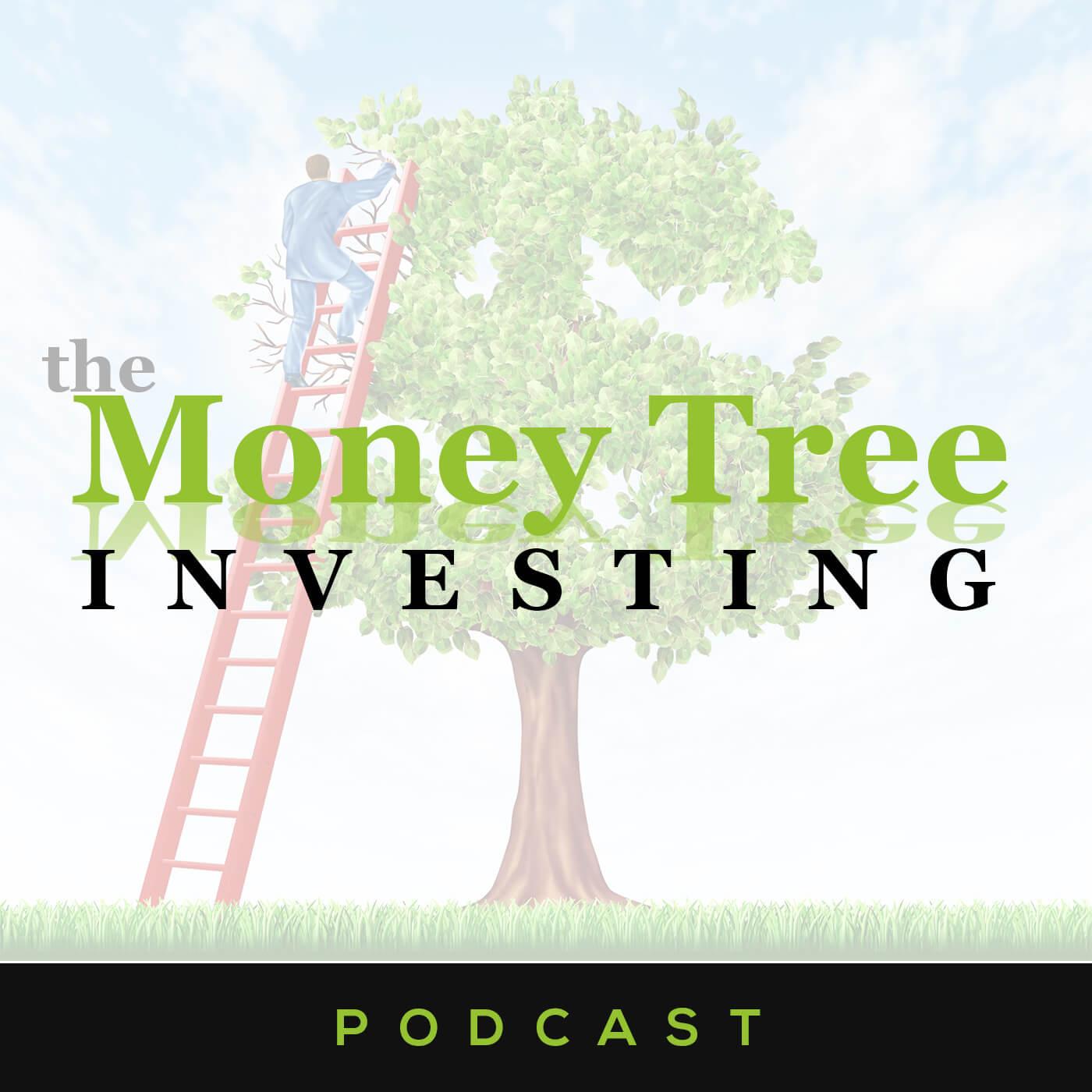
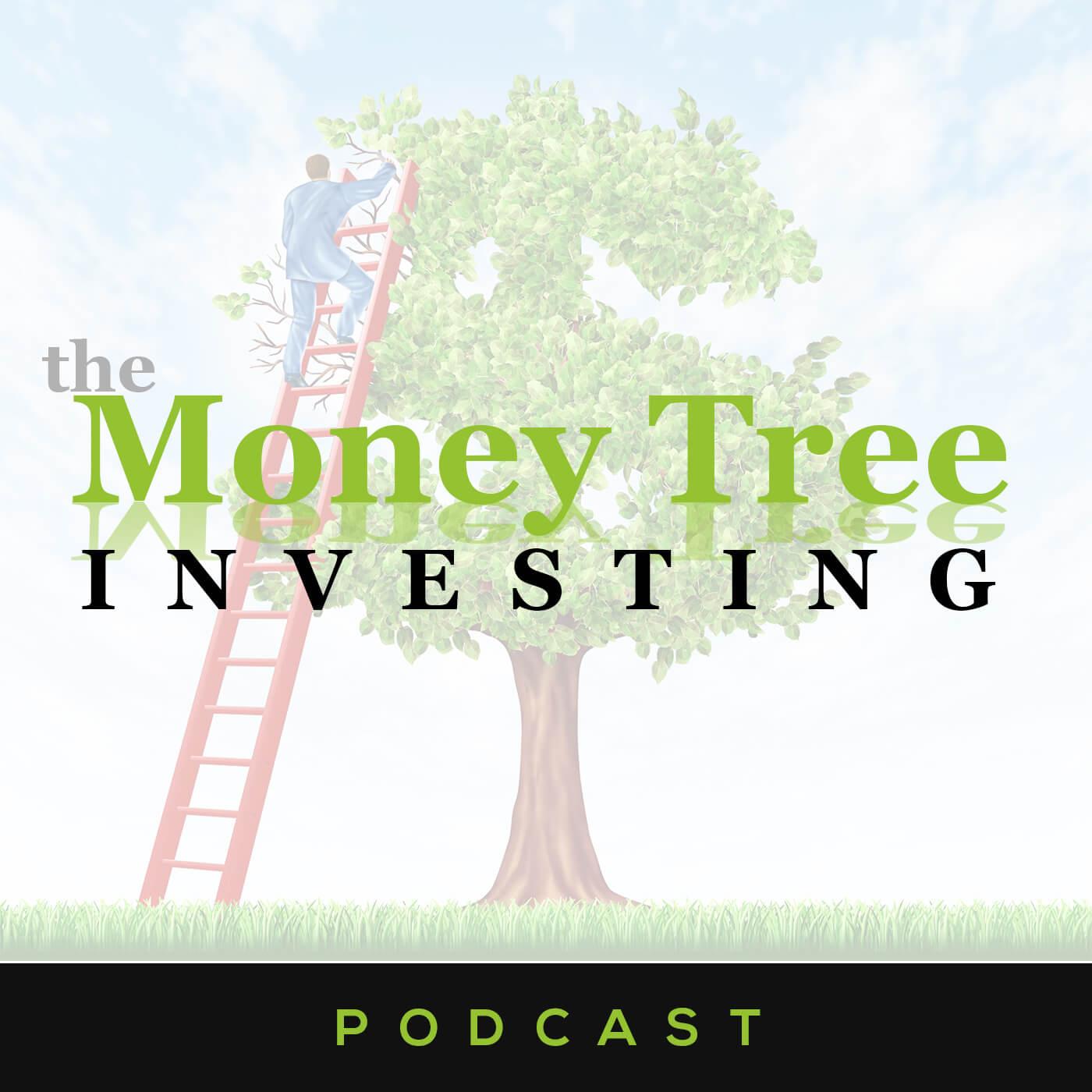
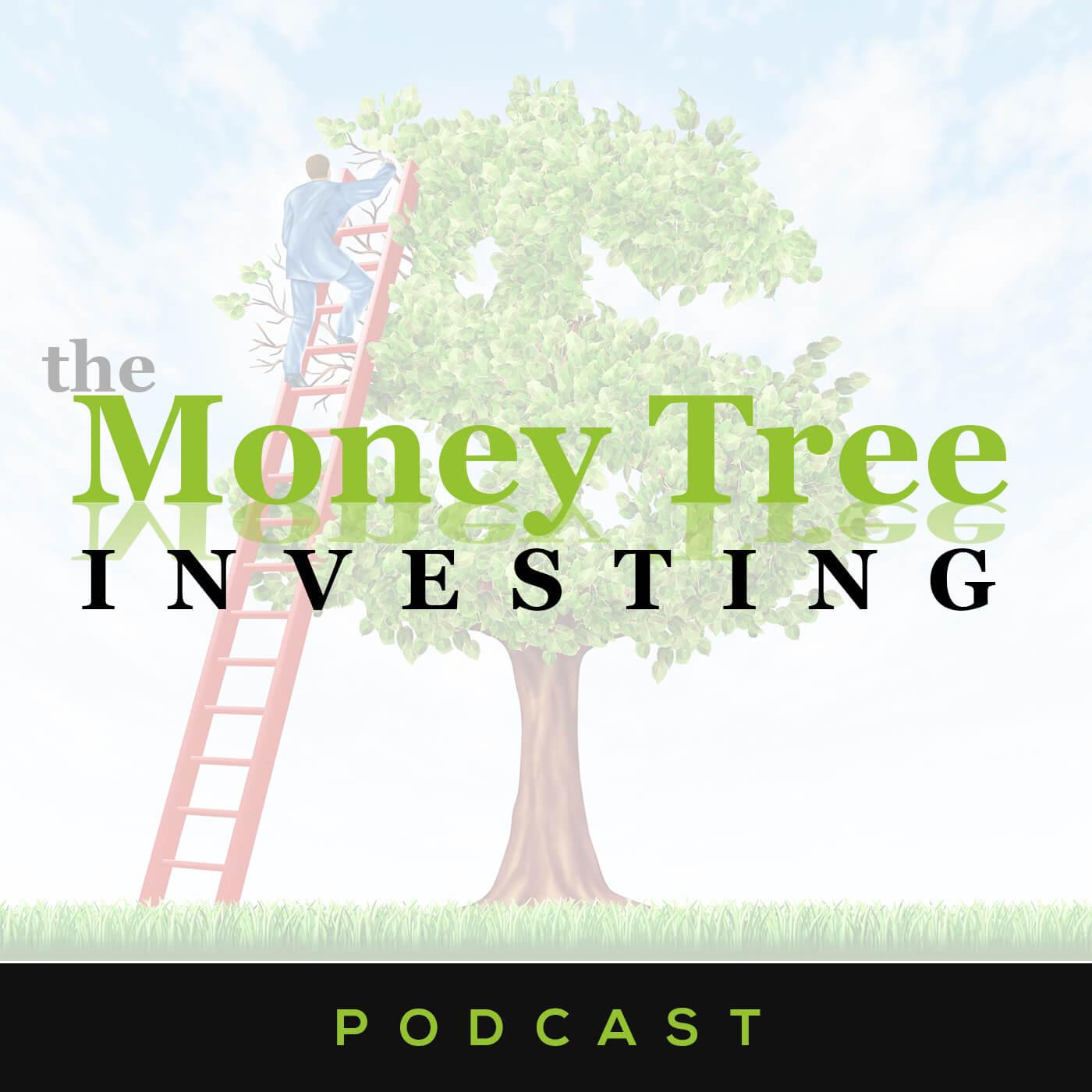
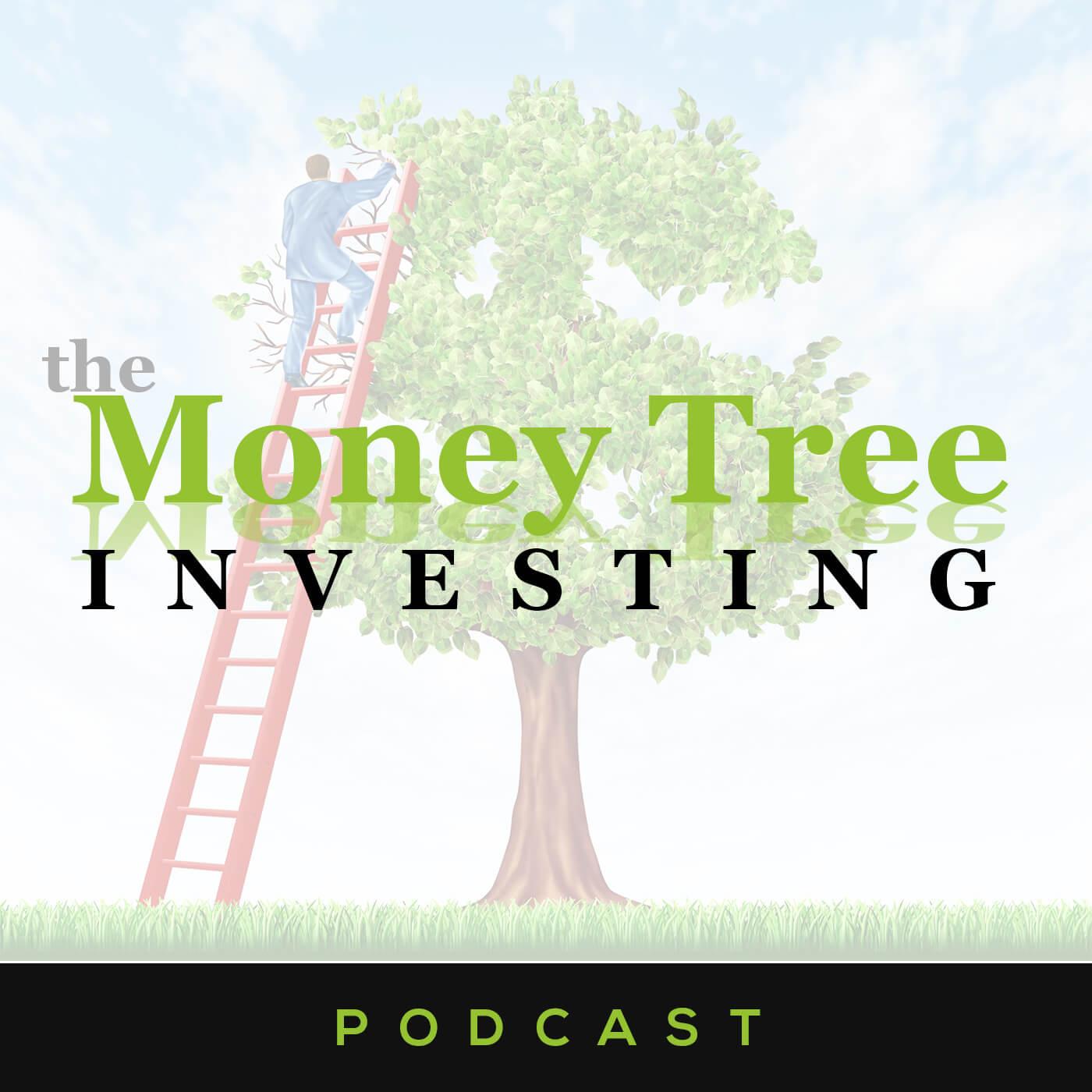
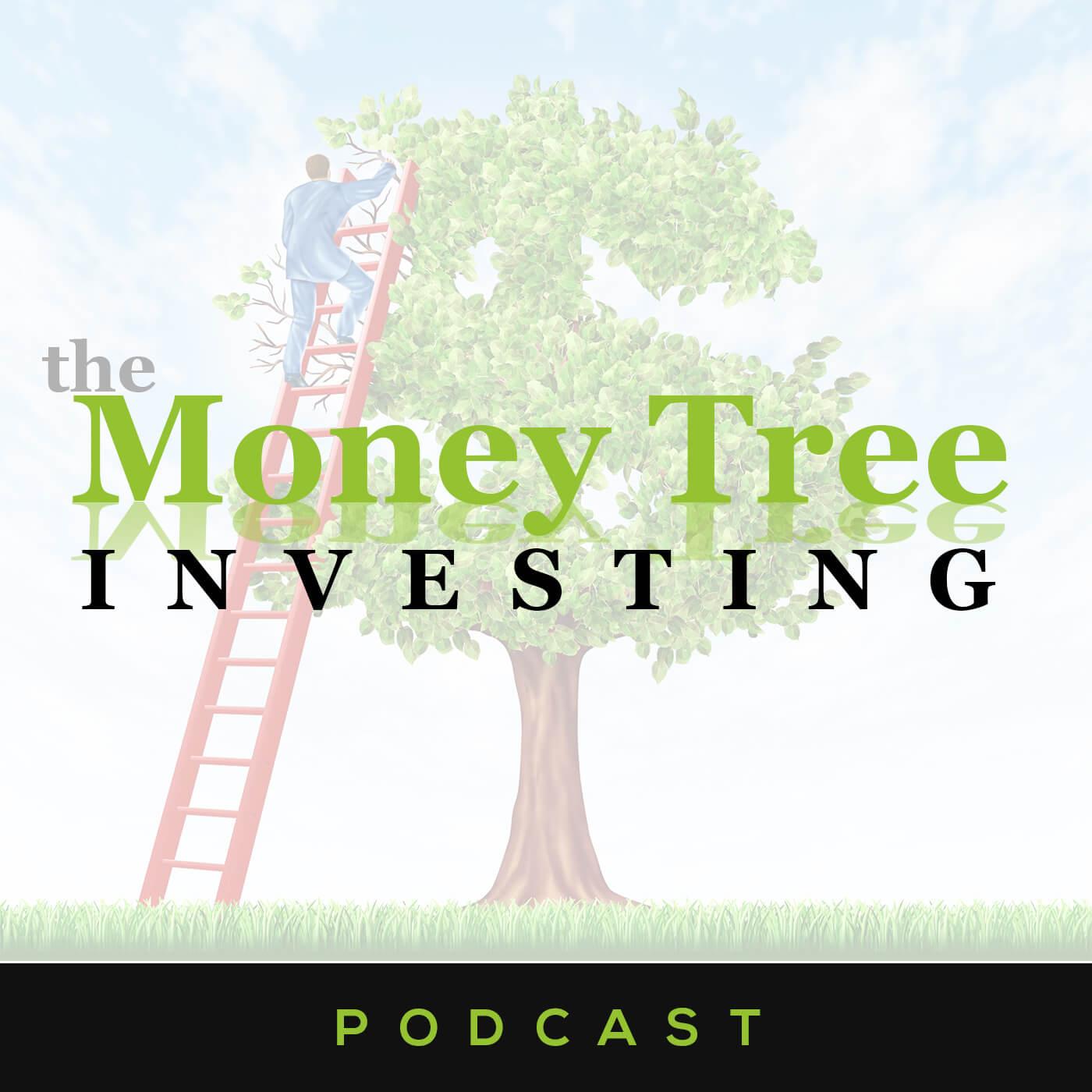
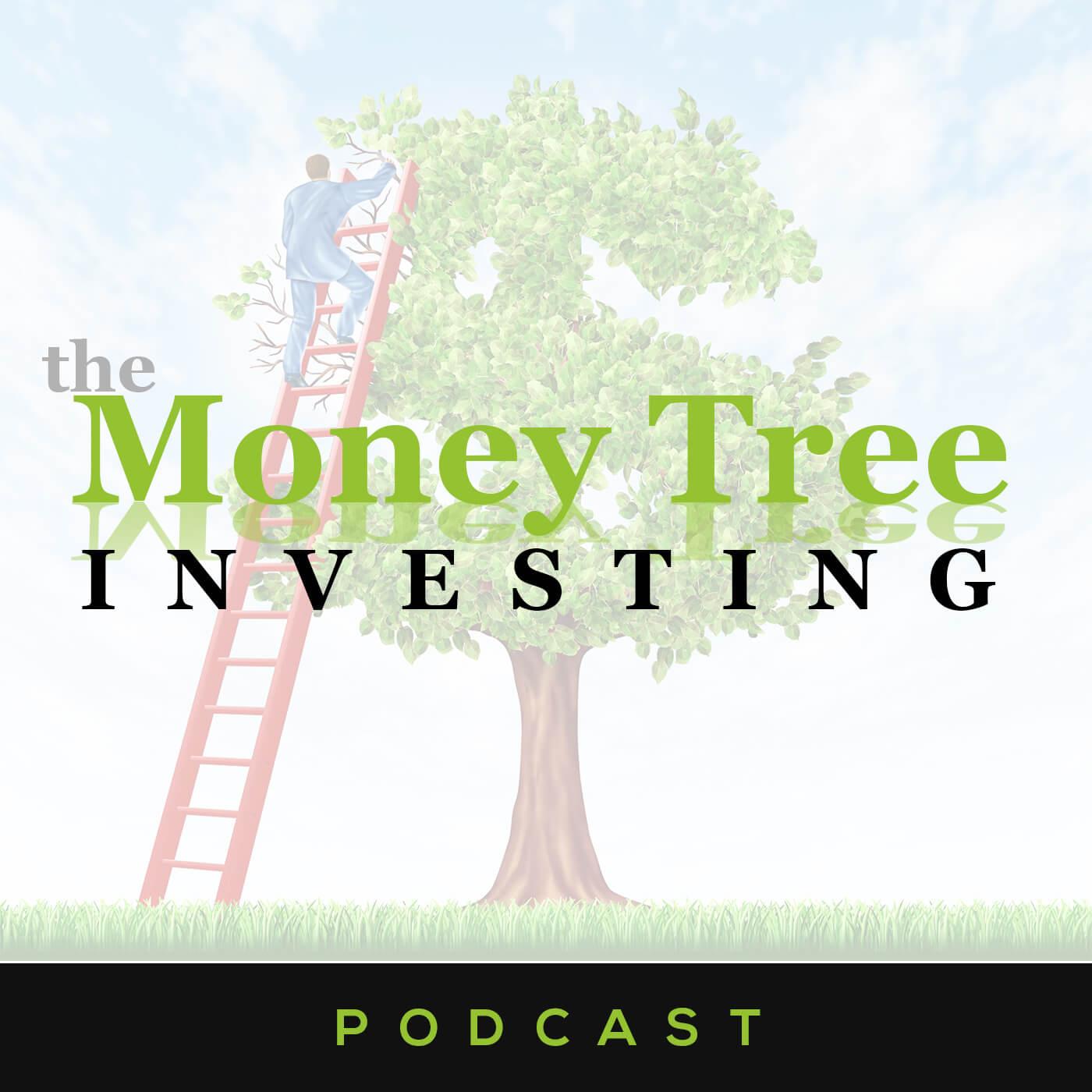
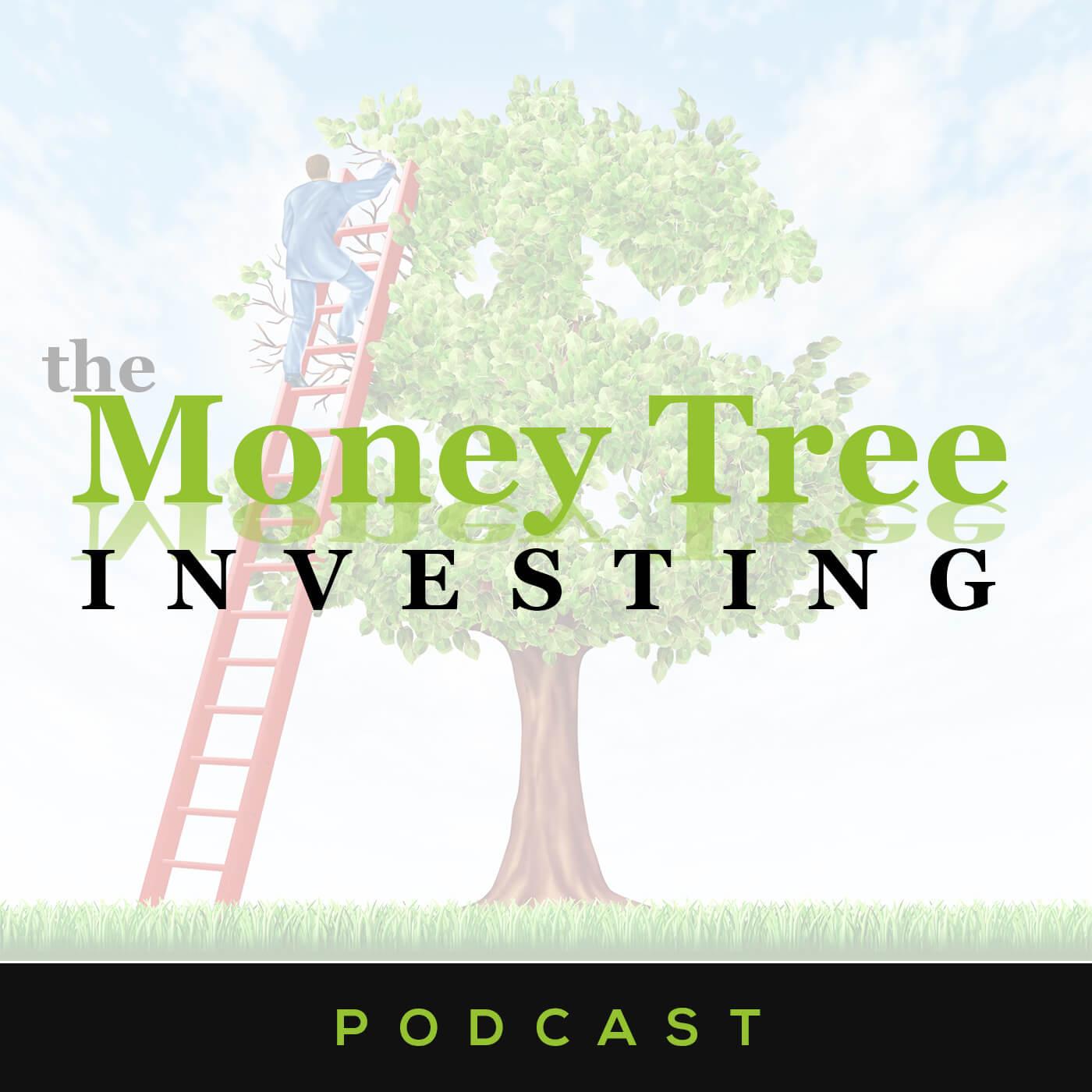
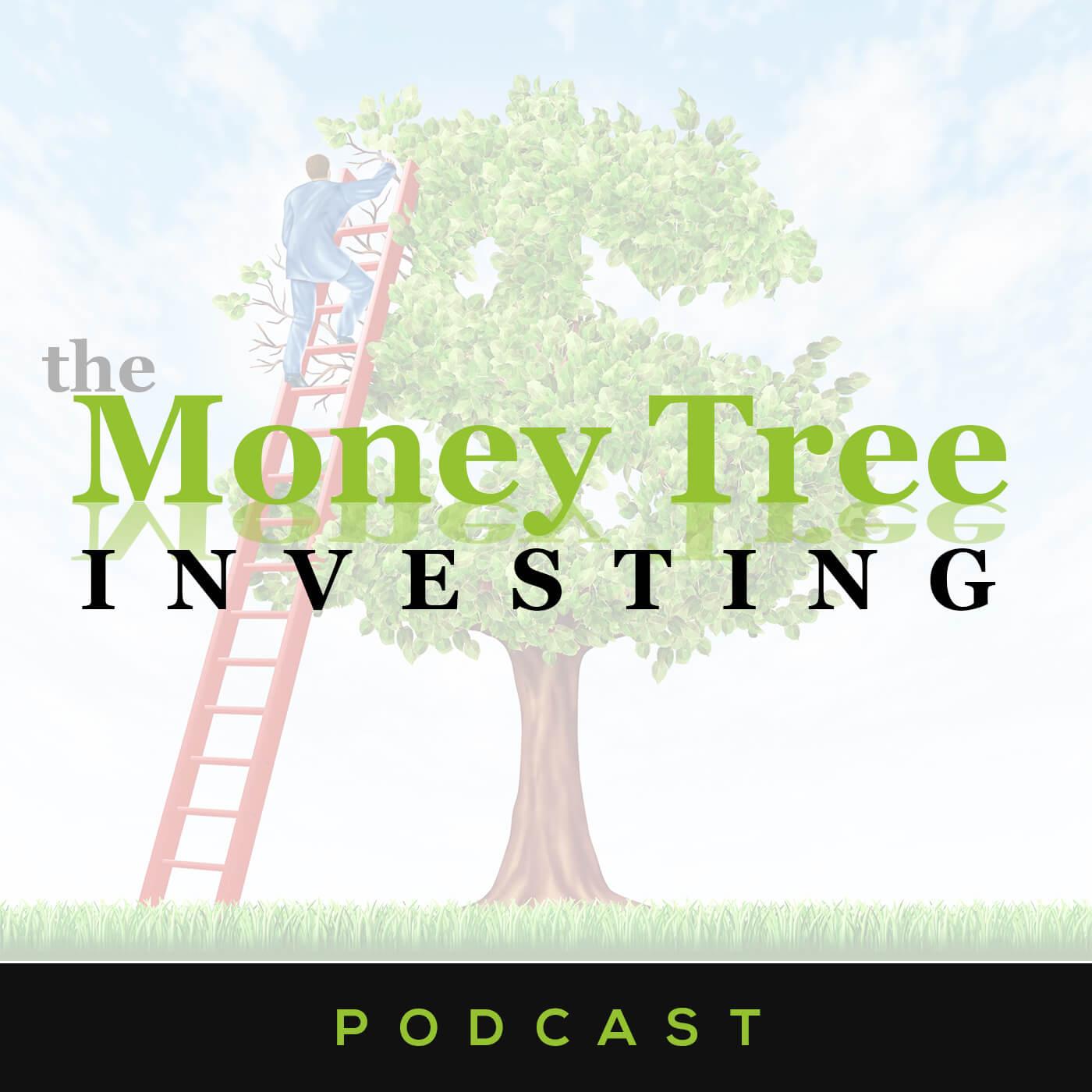
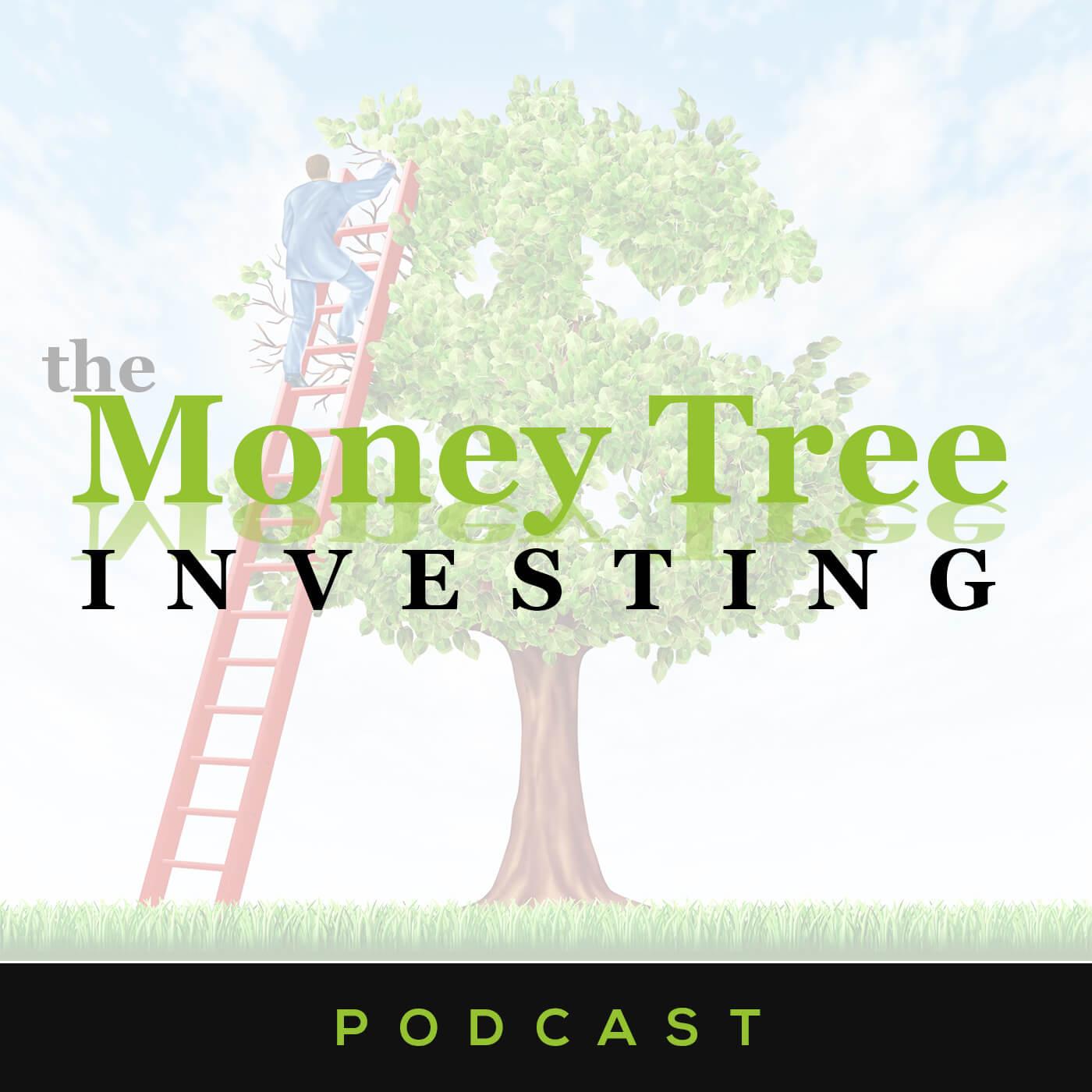
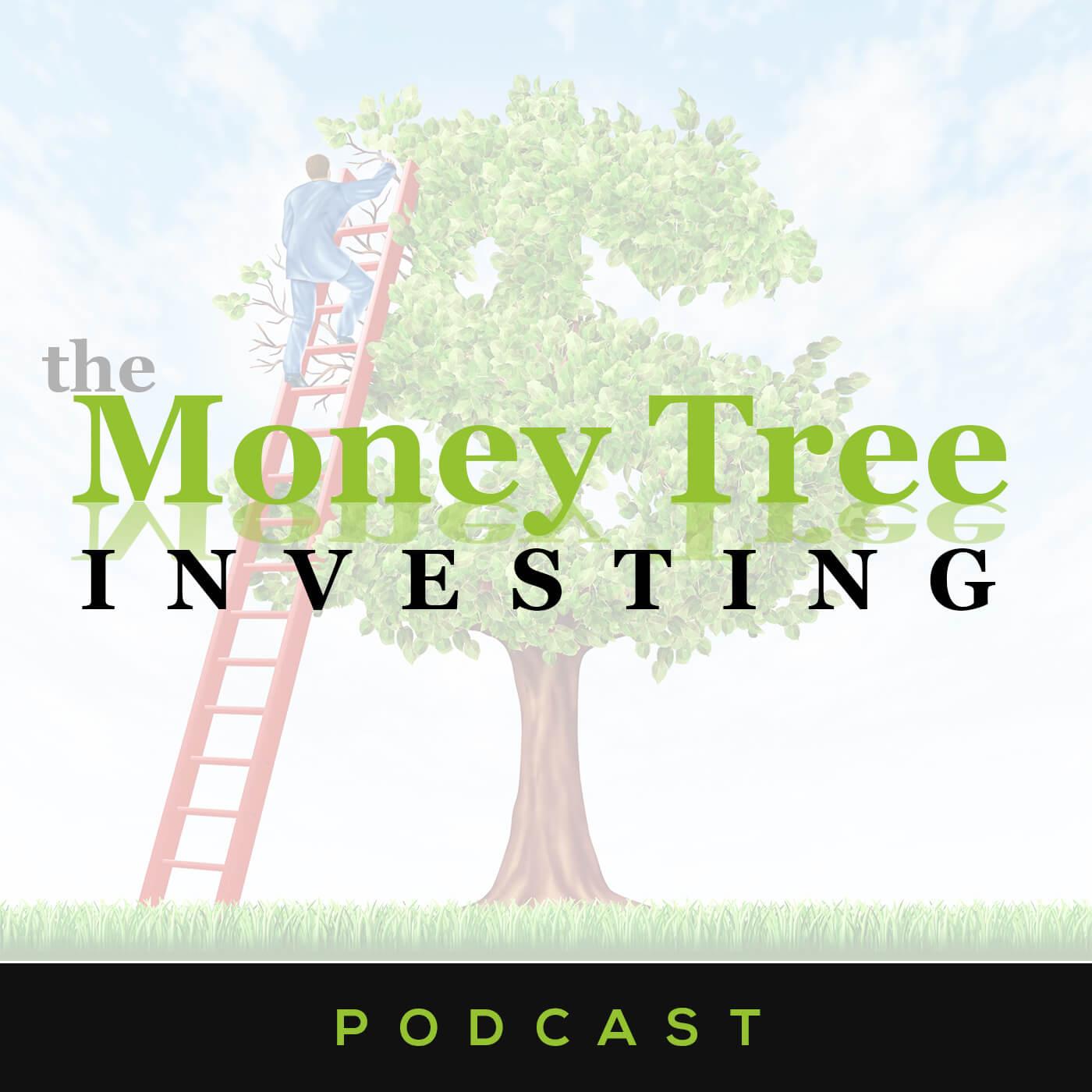
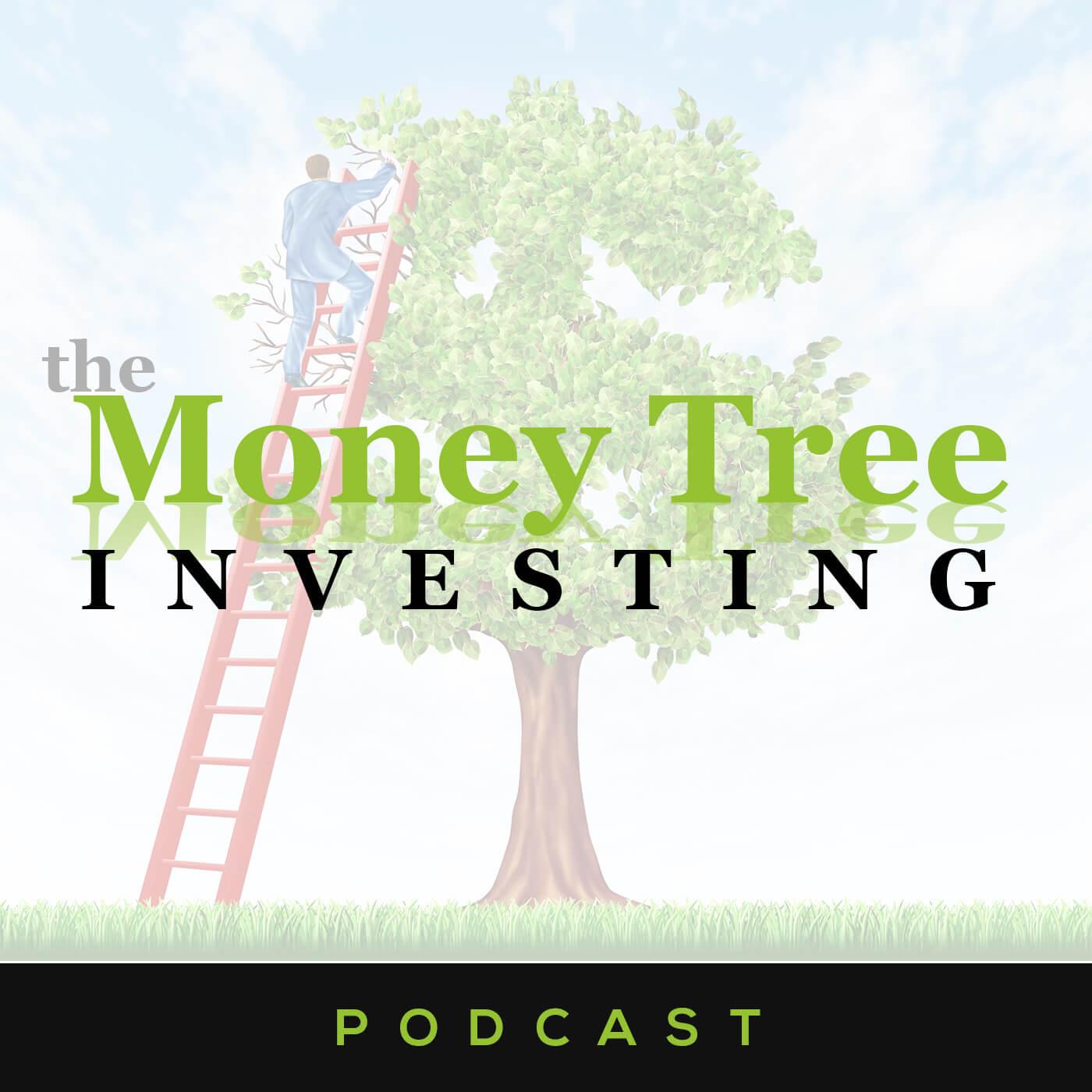
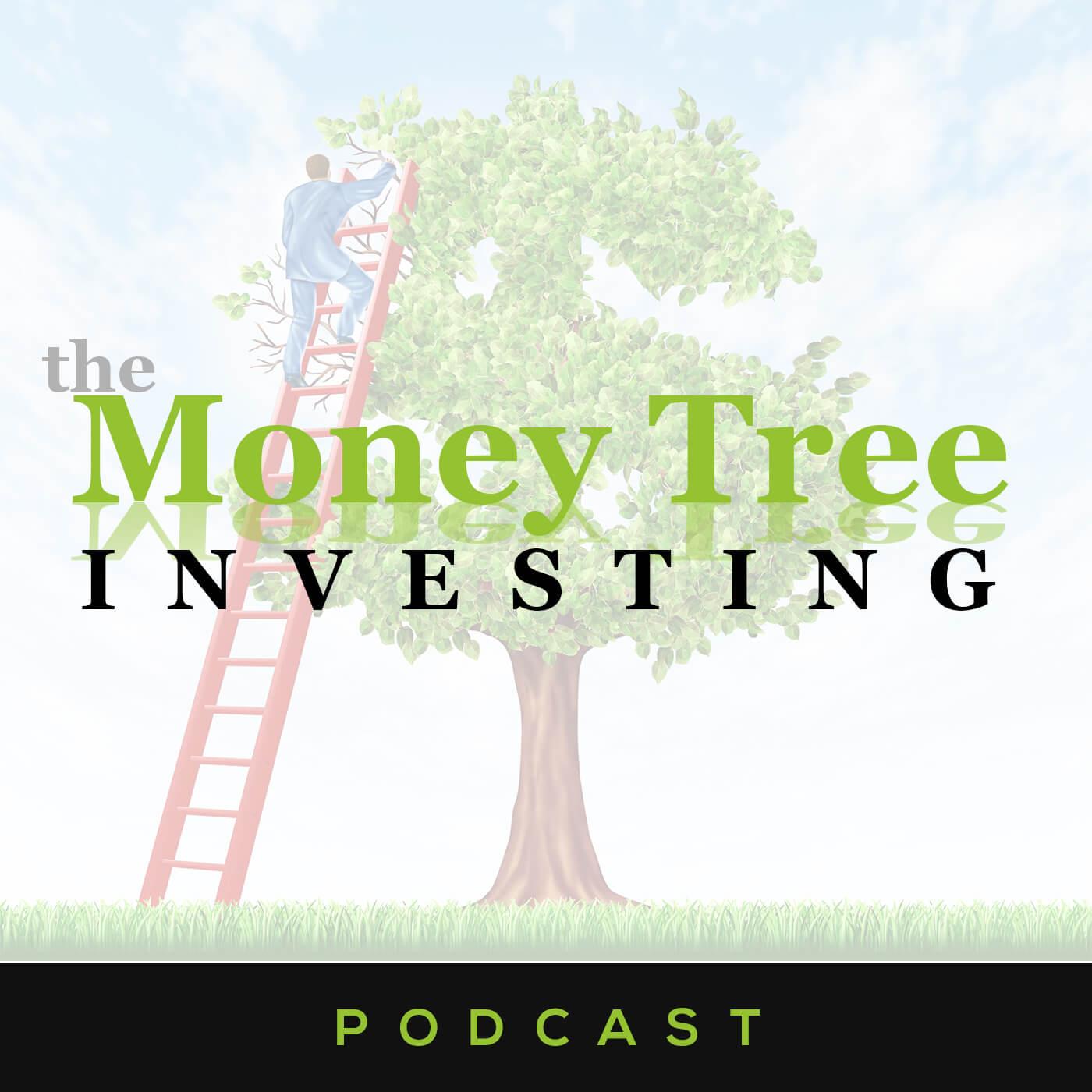
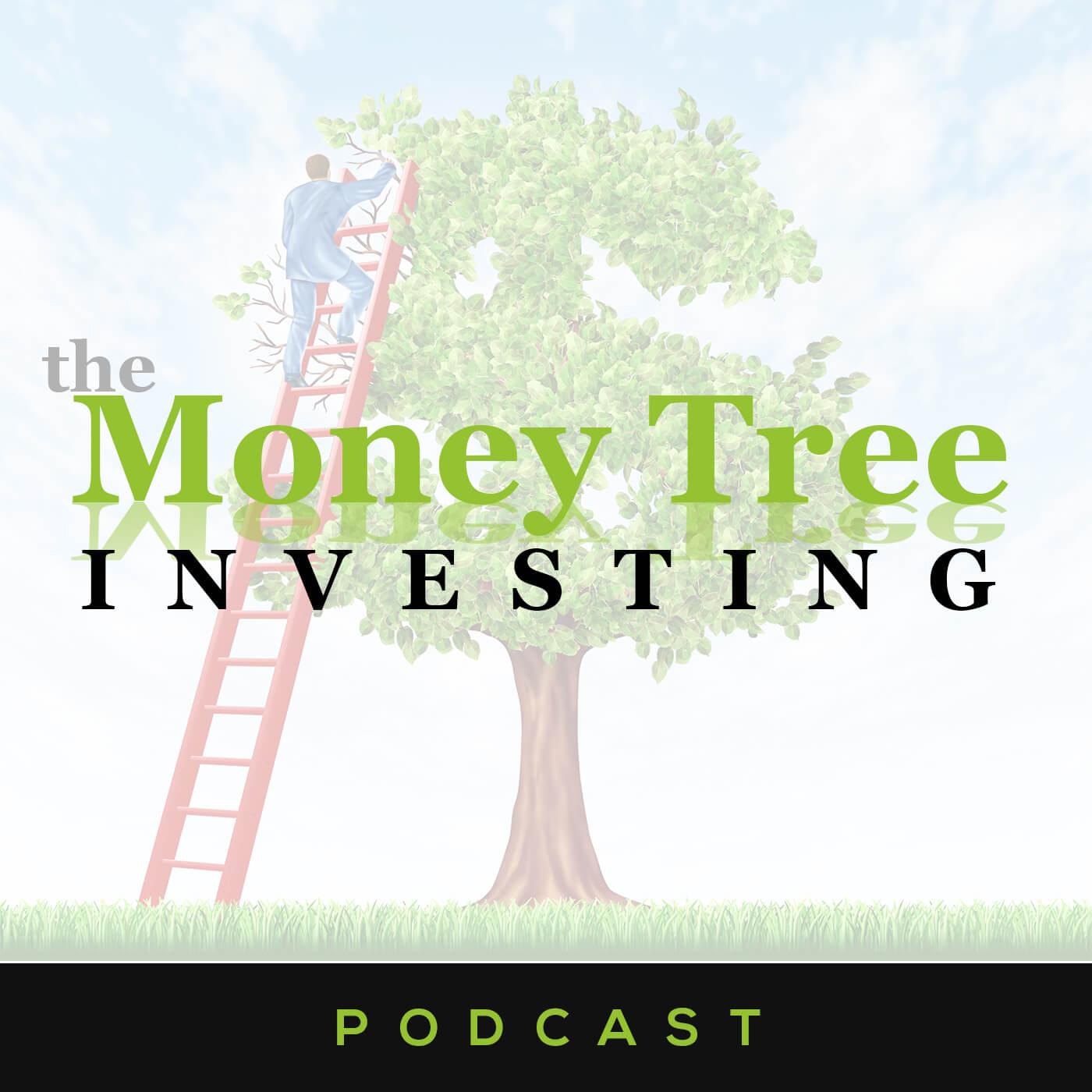
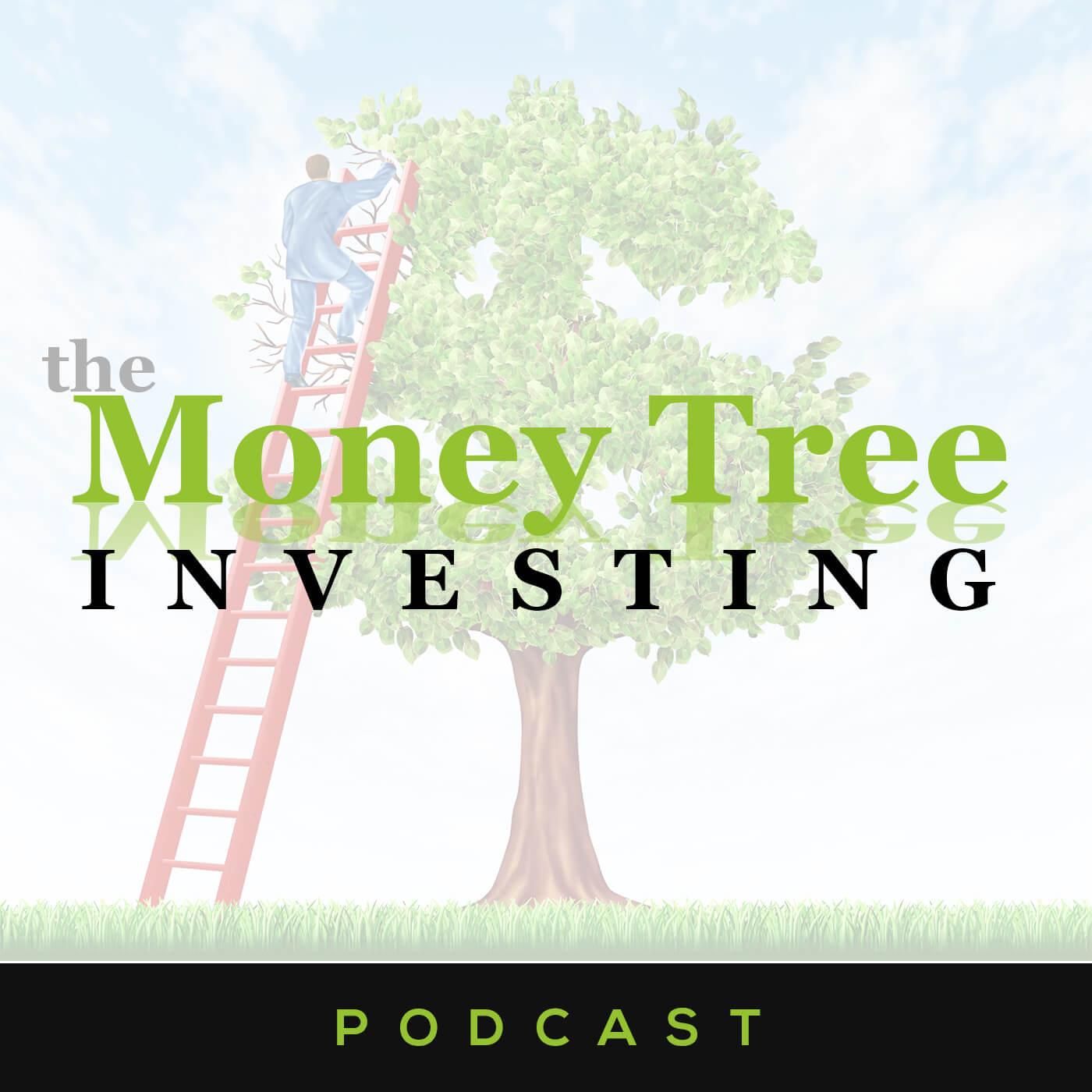
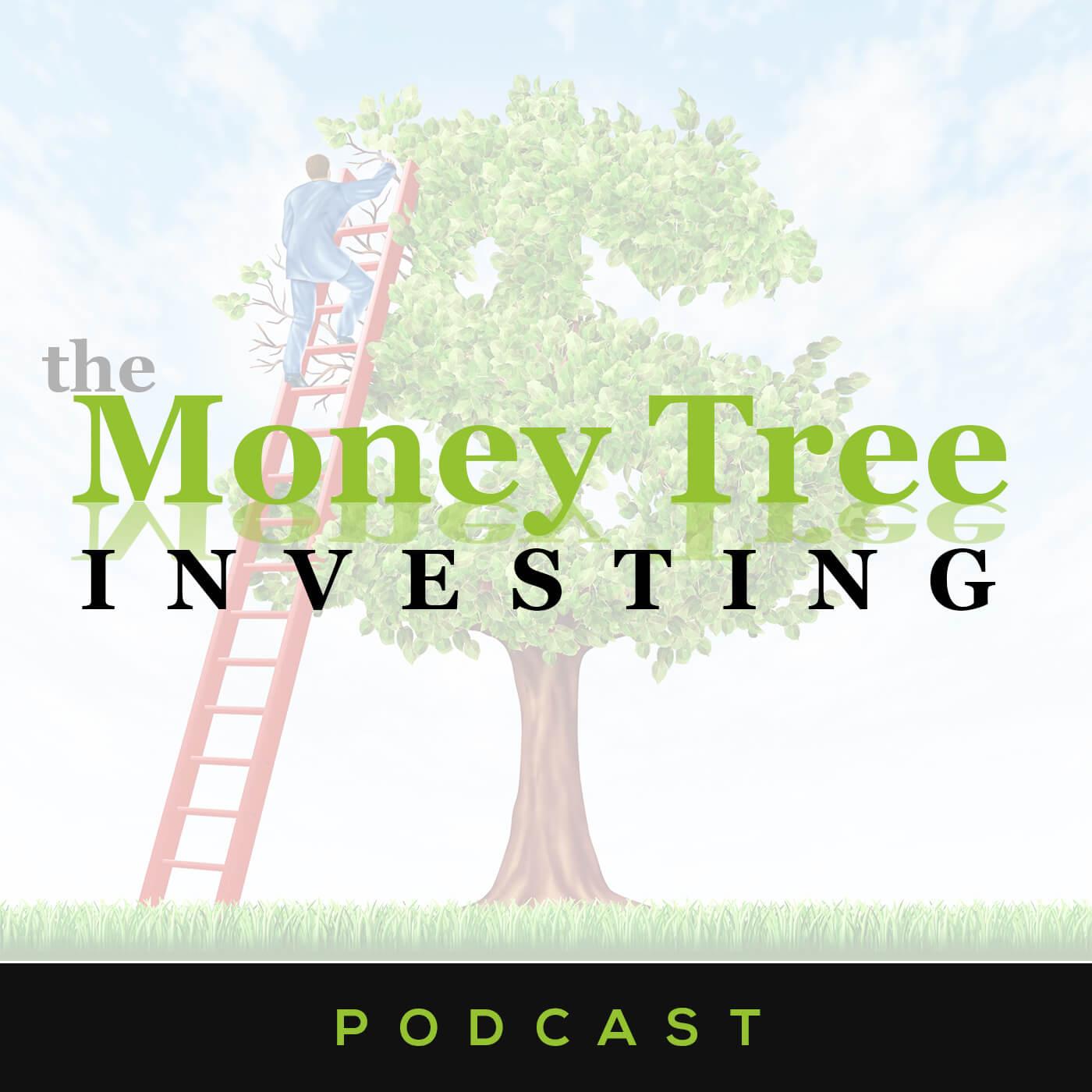
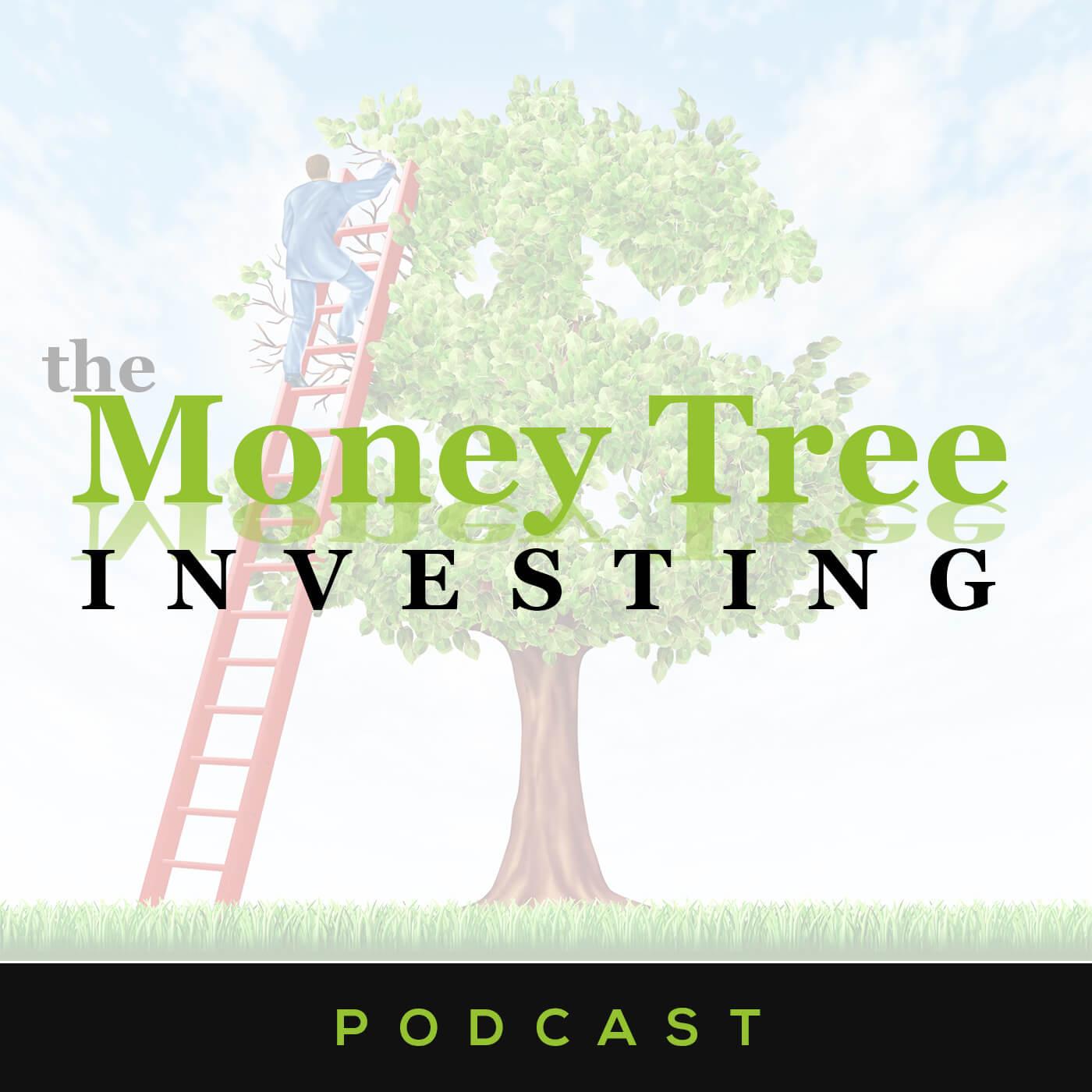
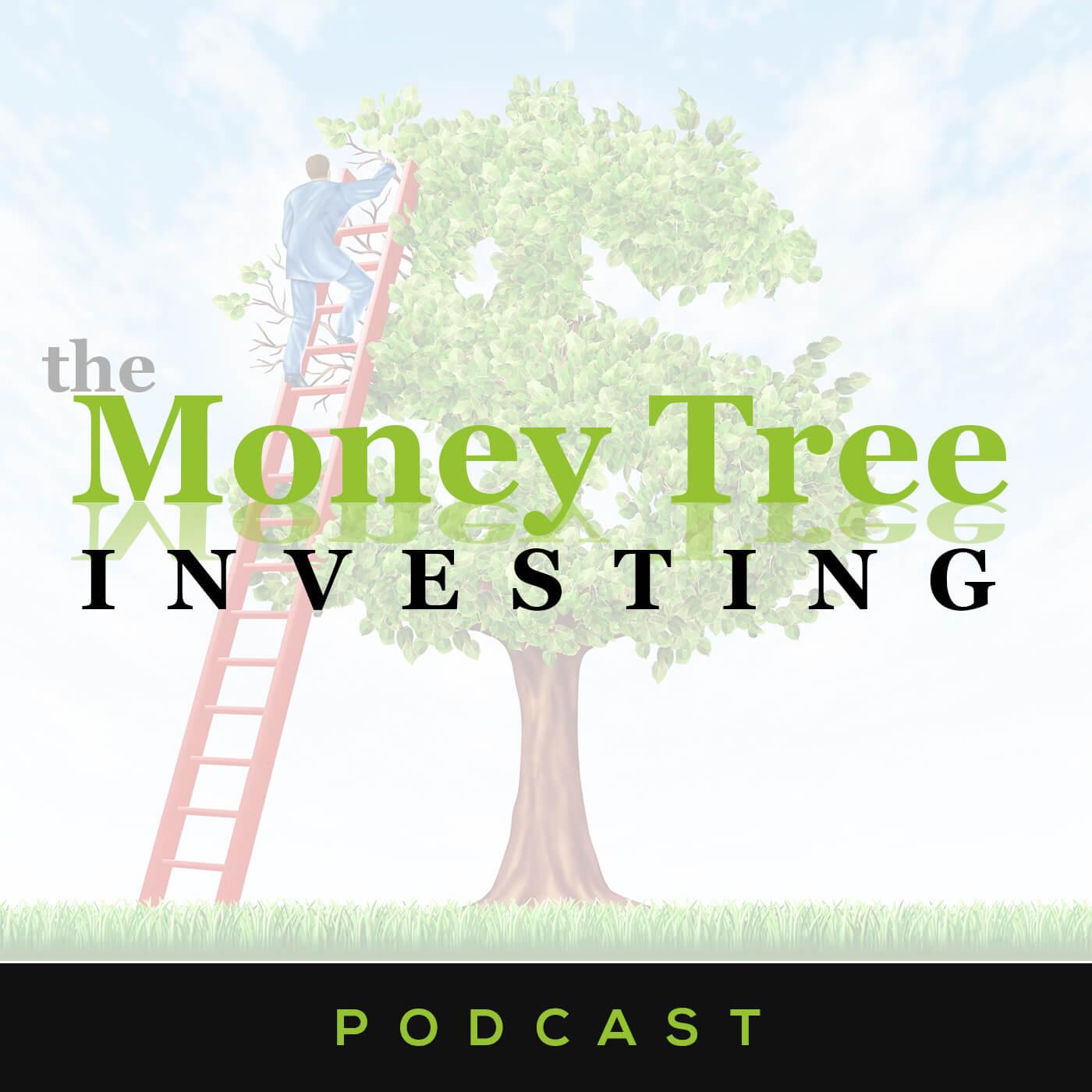
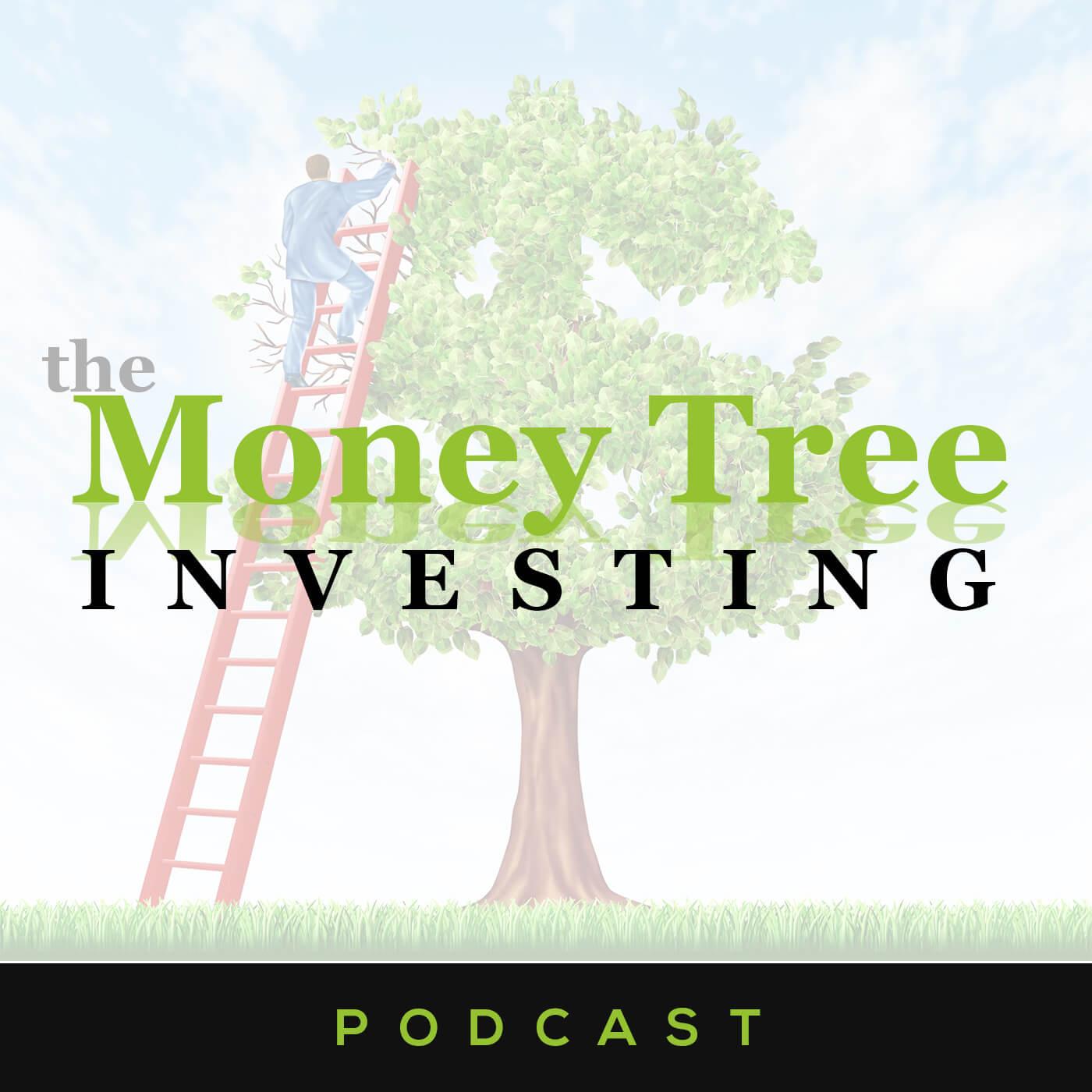



Need to work on your titles.
good stuff
Great podcast! Very informative and the diverse opinion of the panel provides the listener with different perspectives.